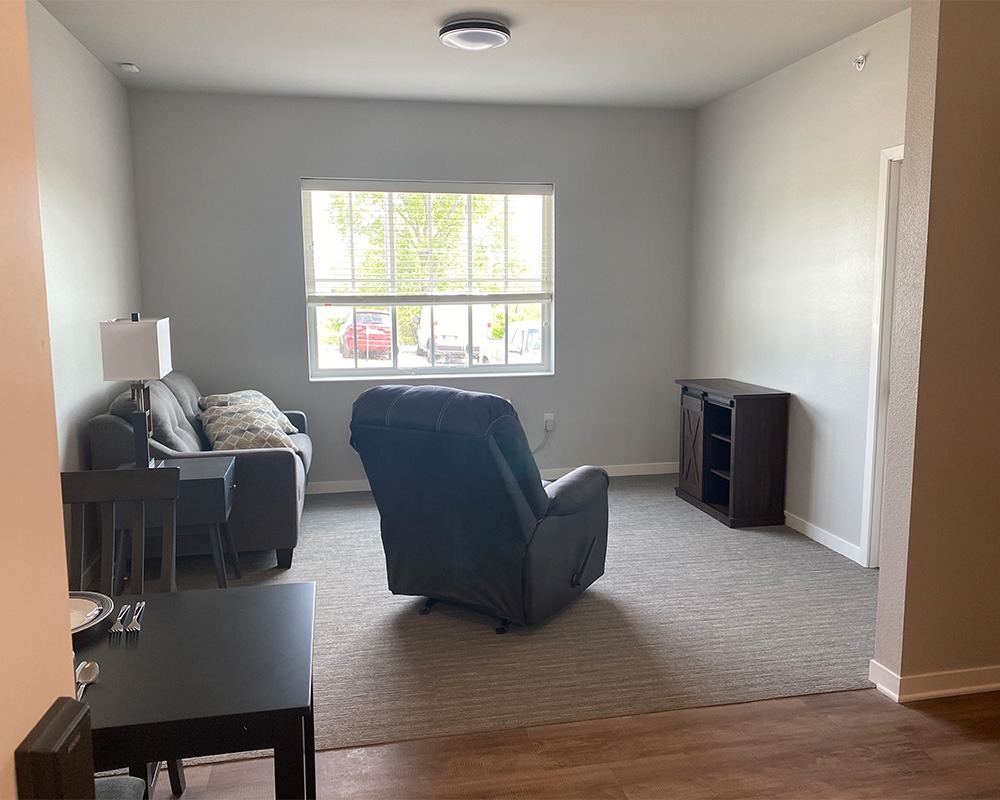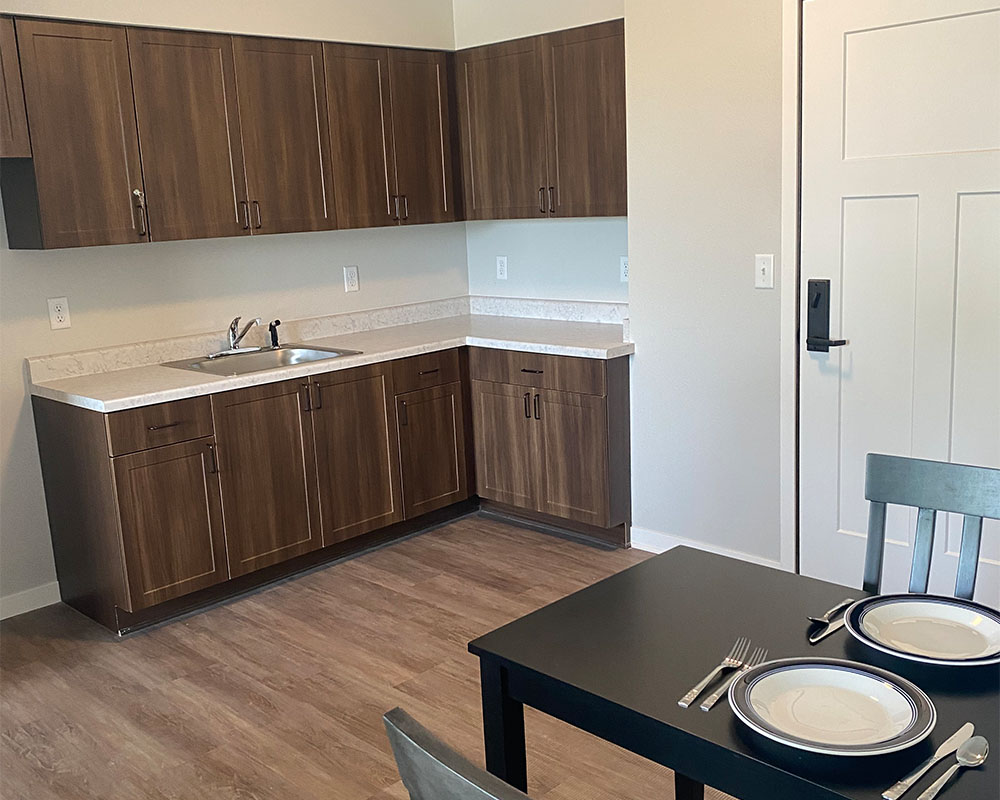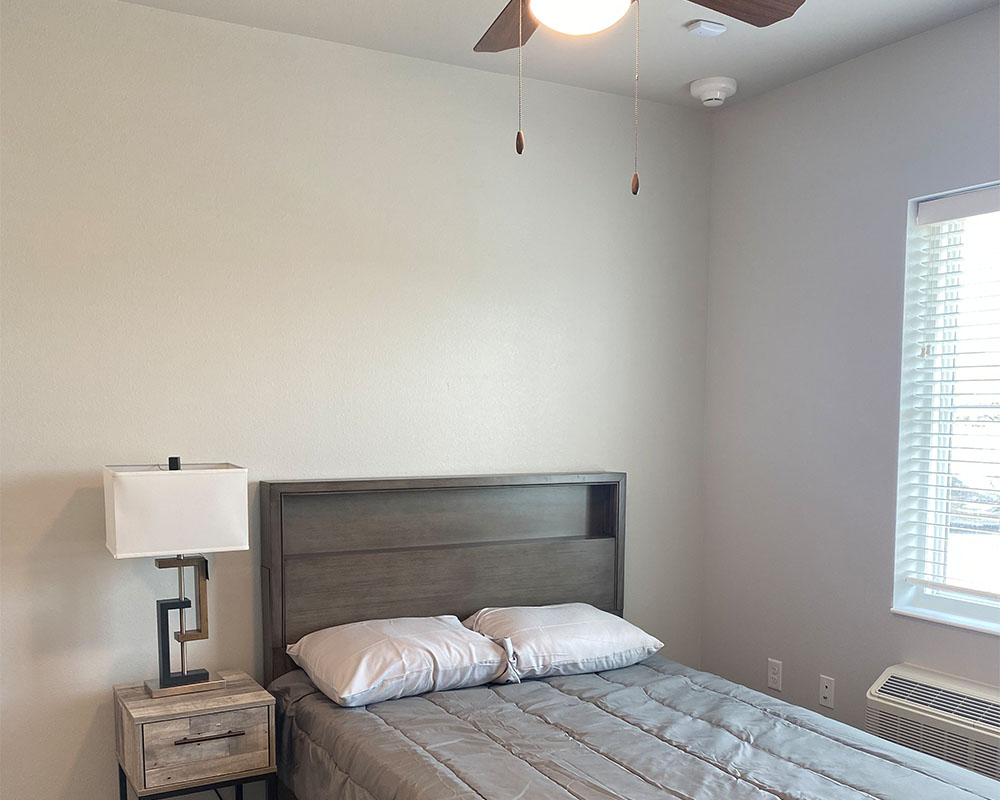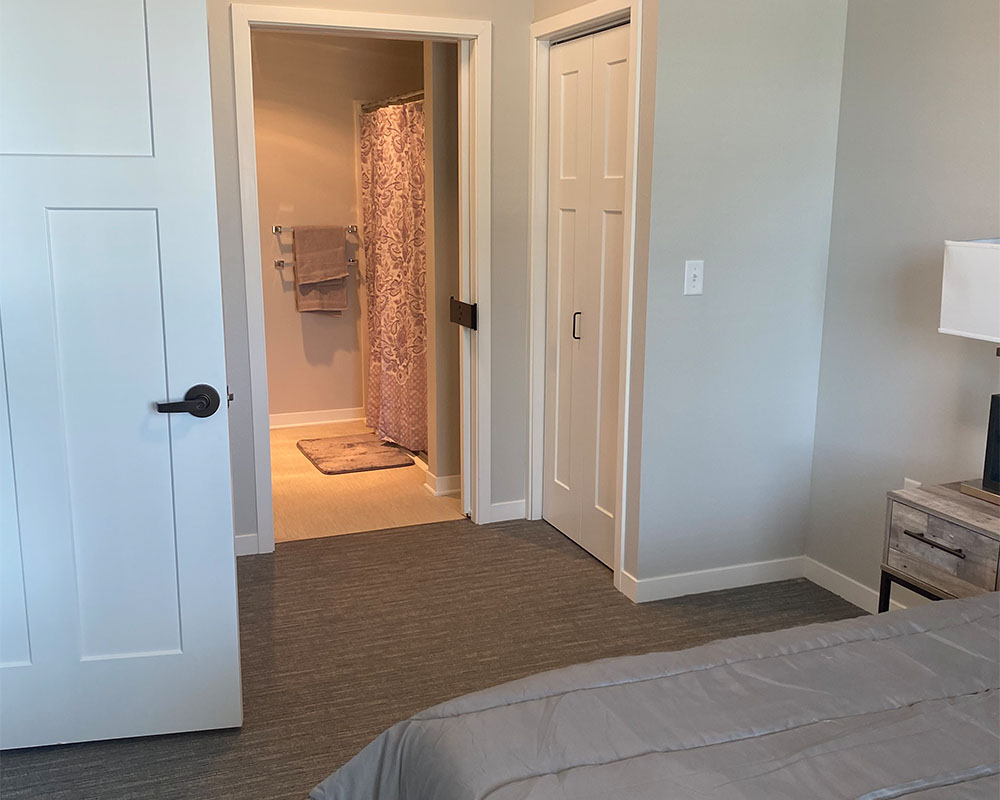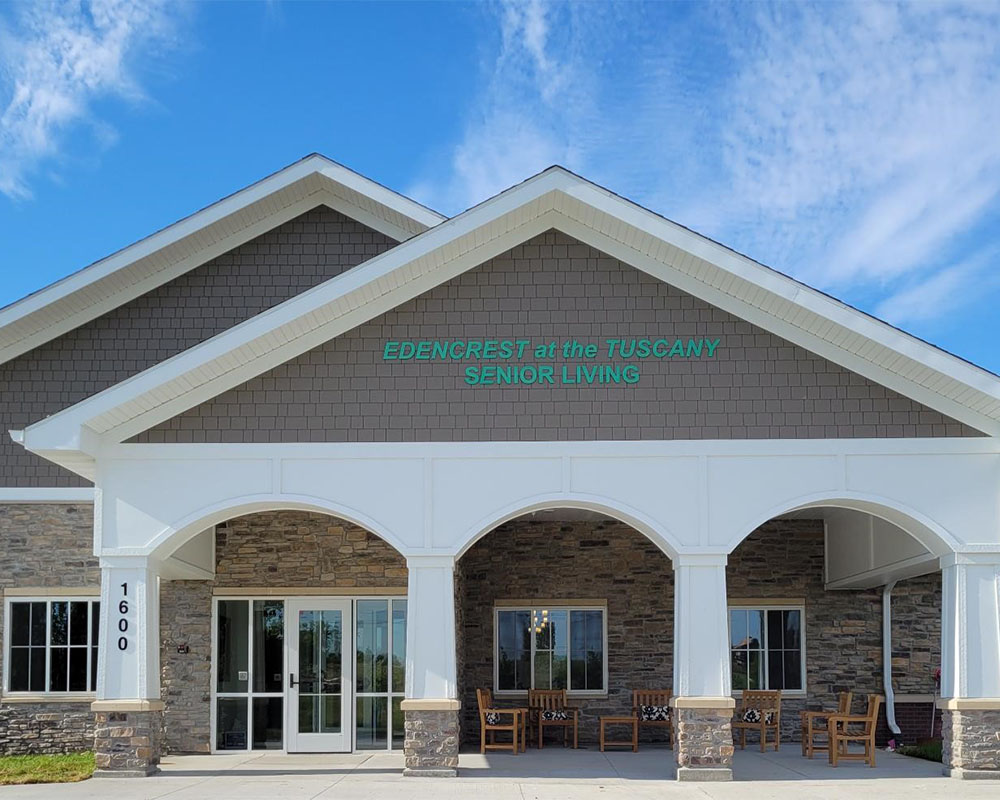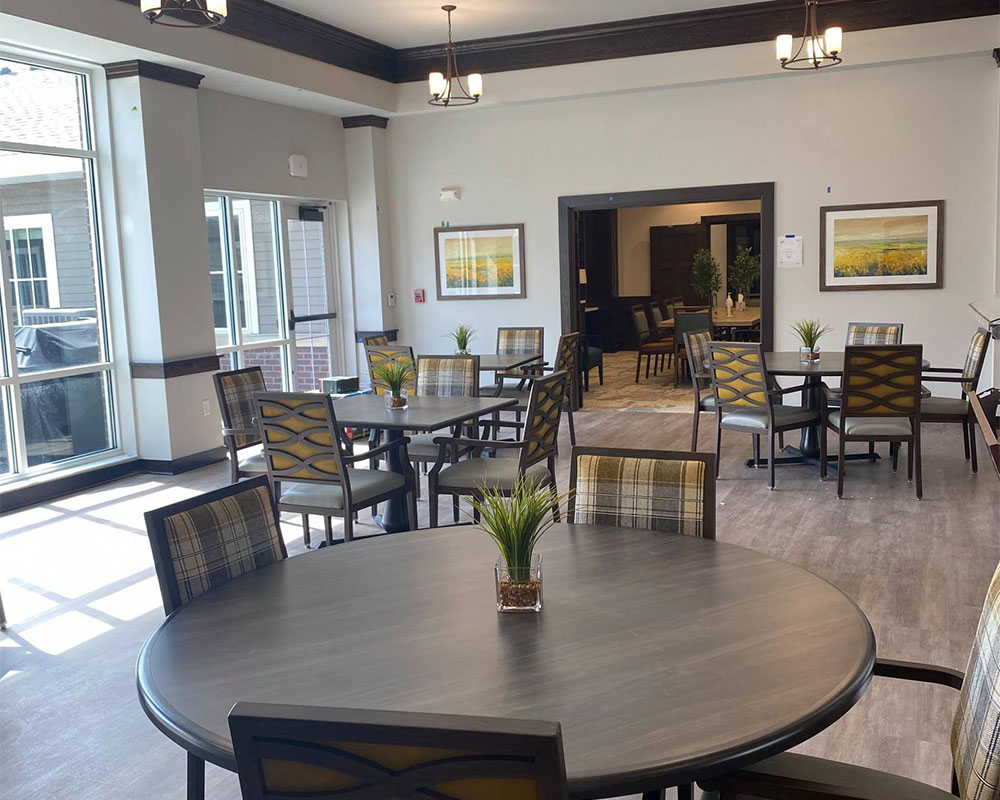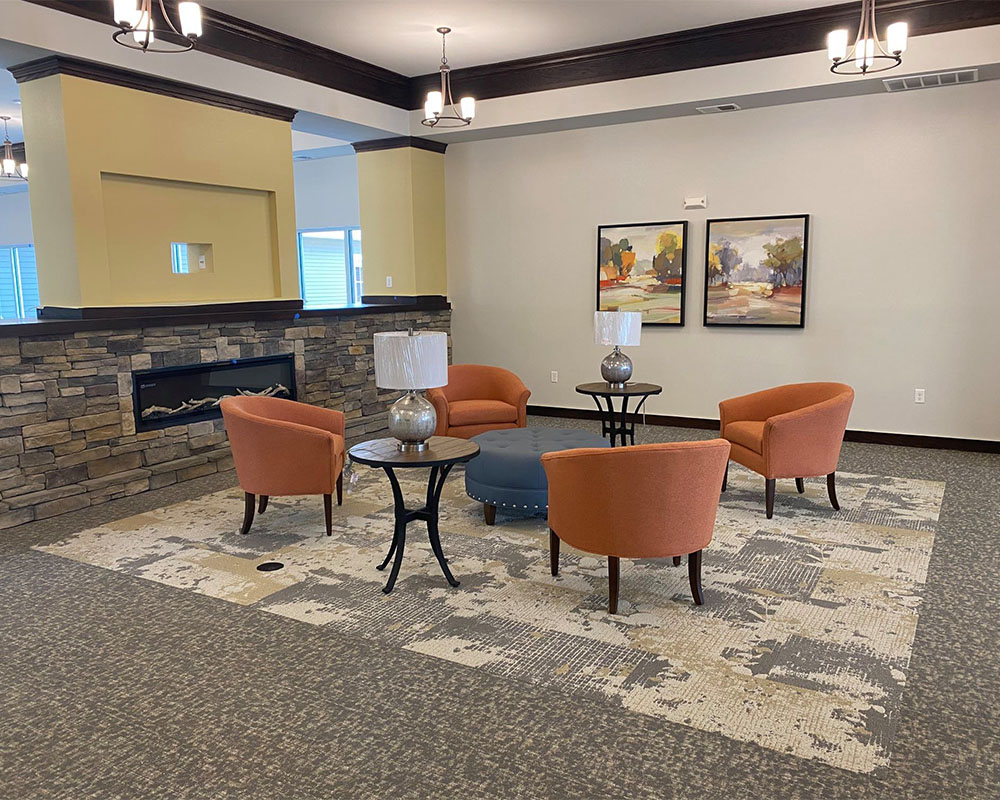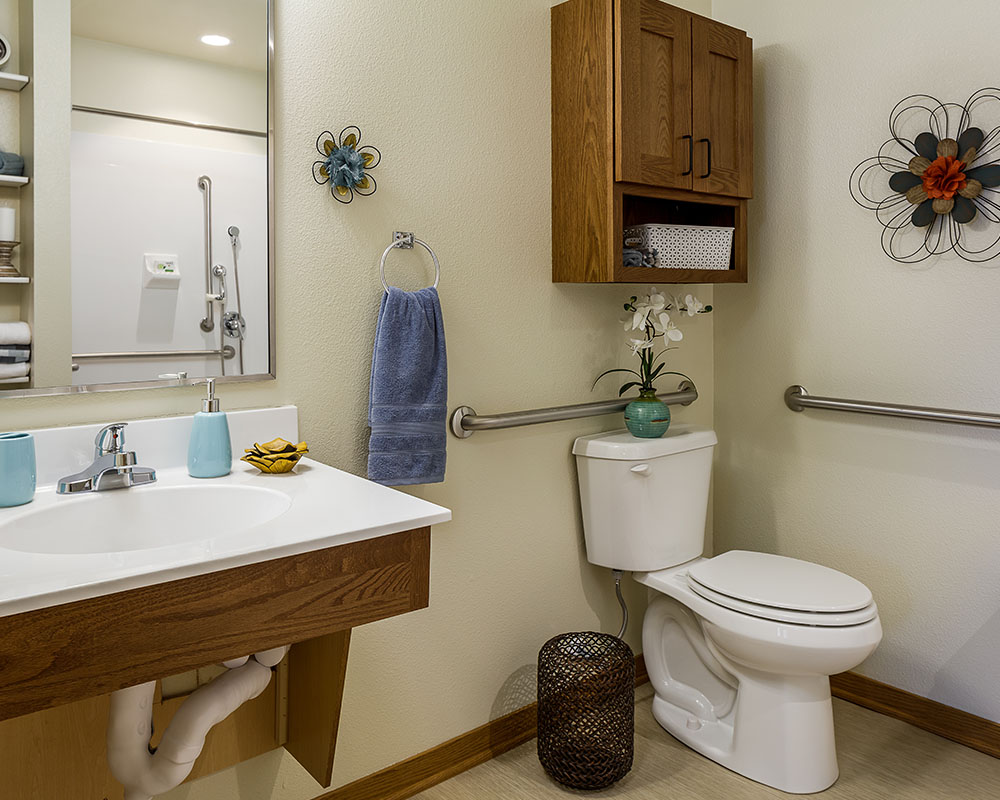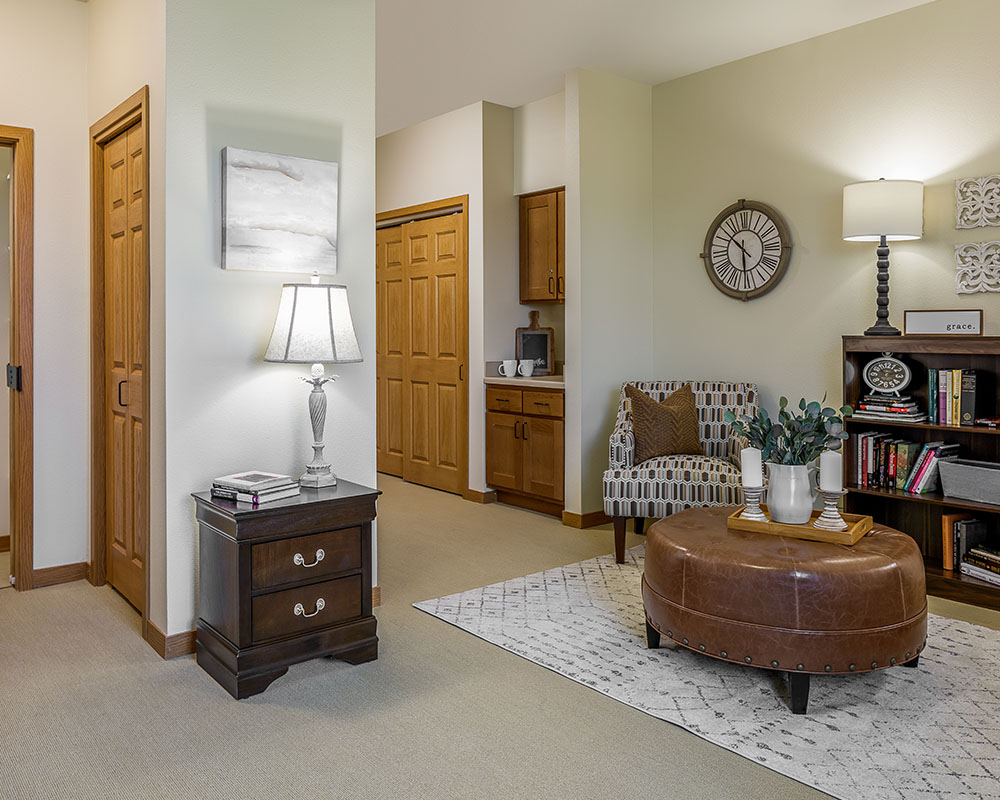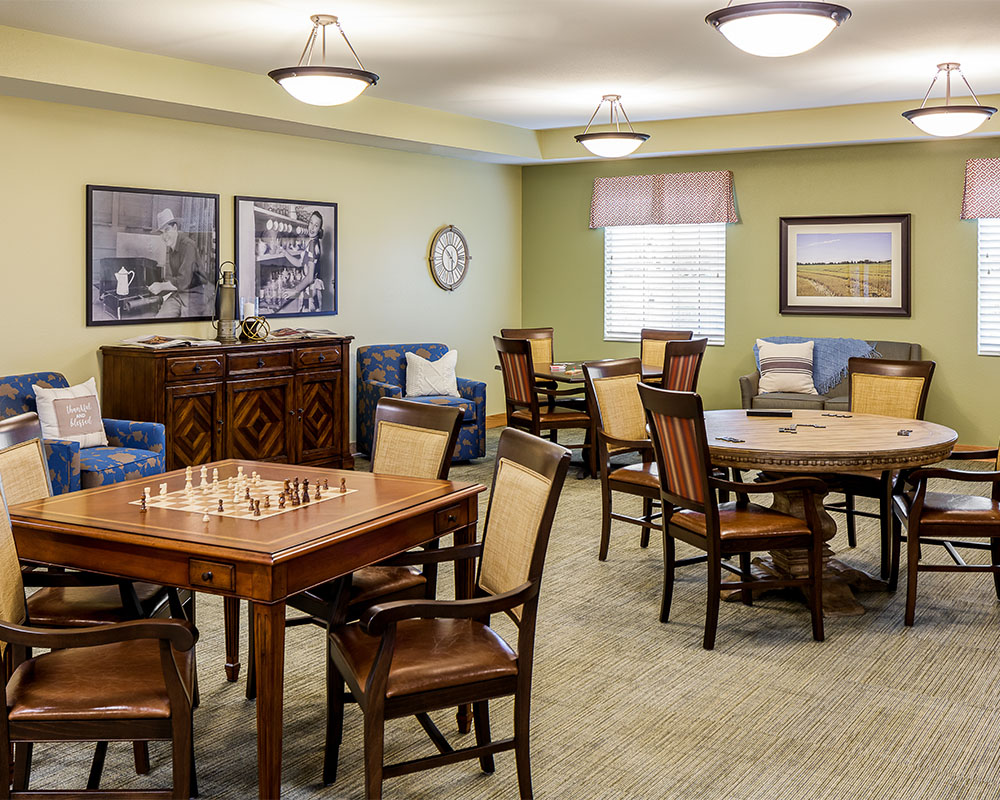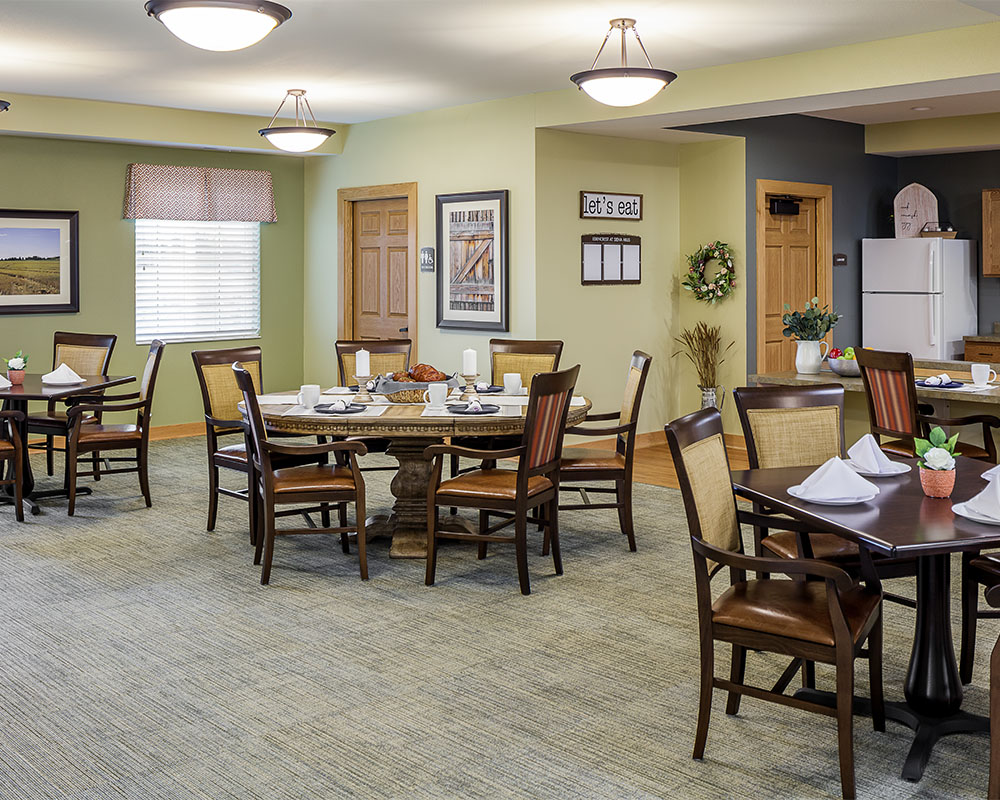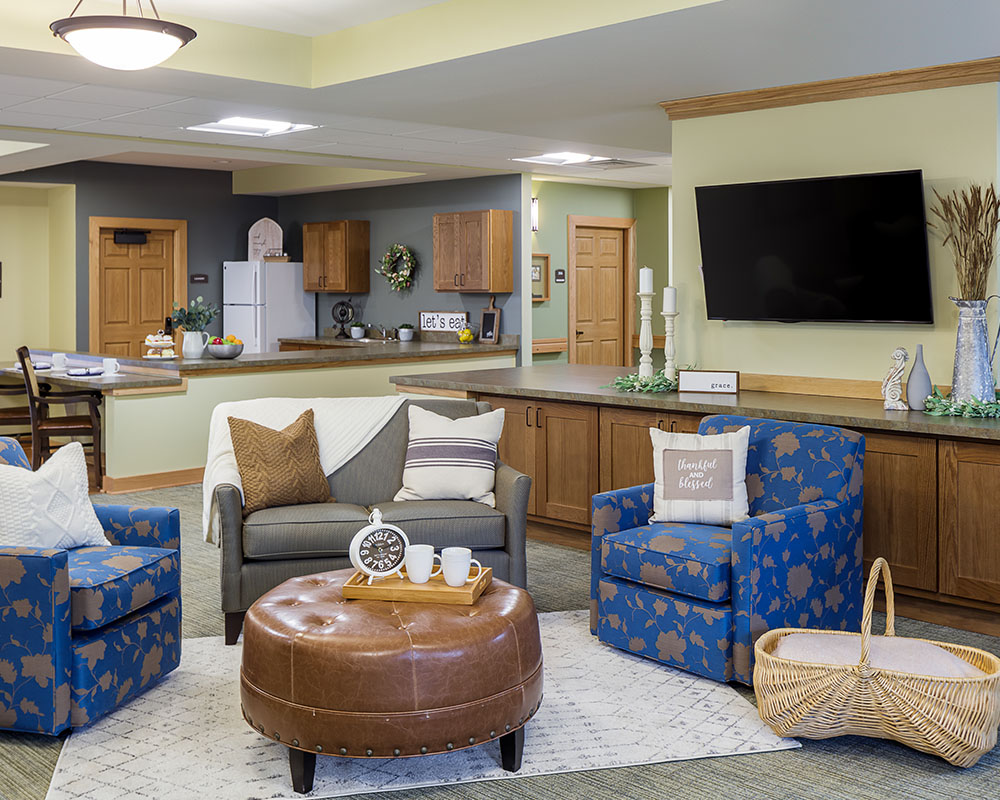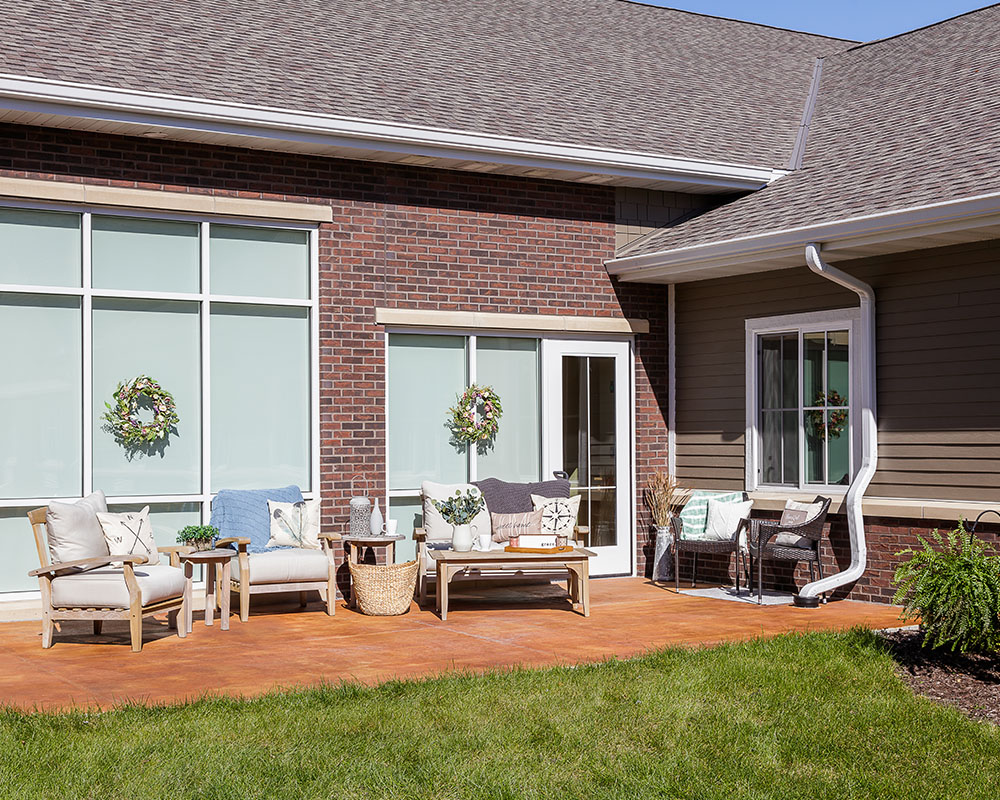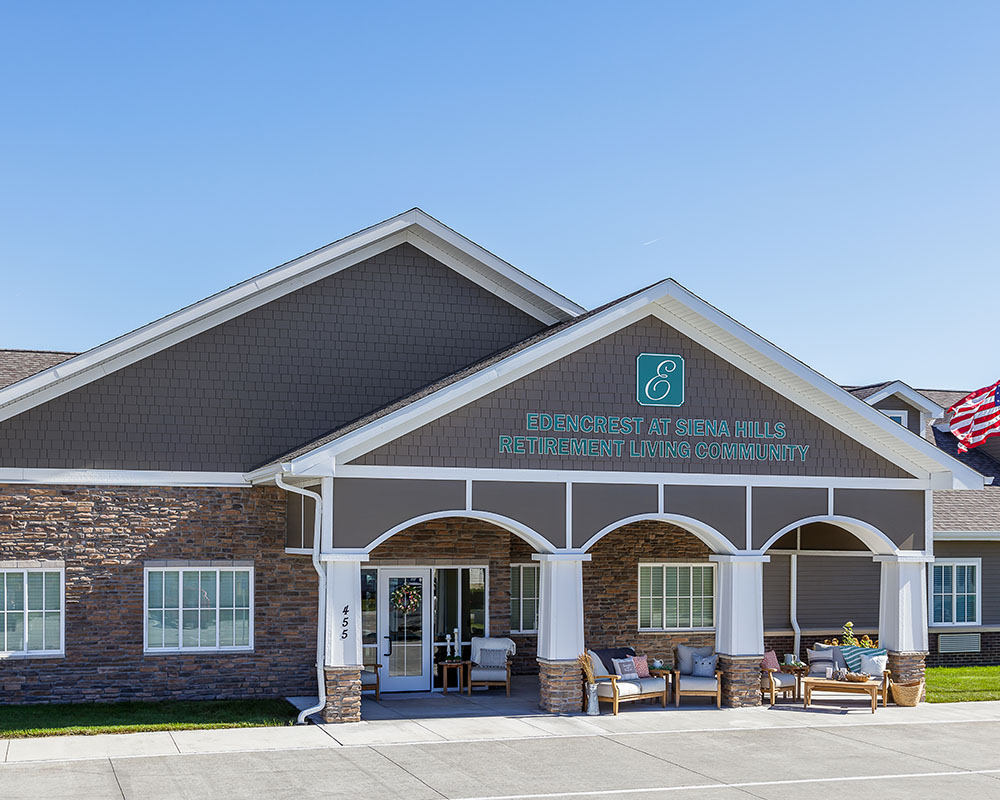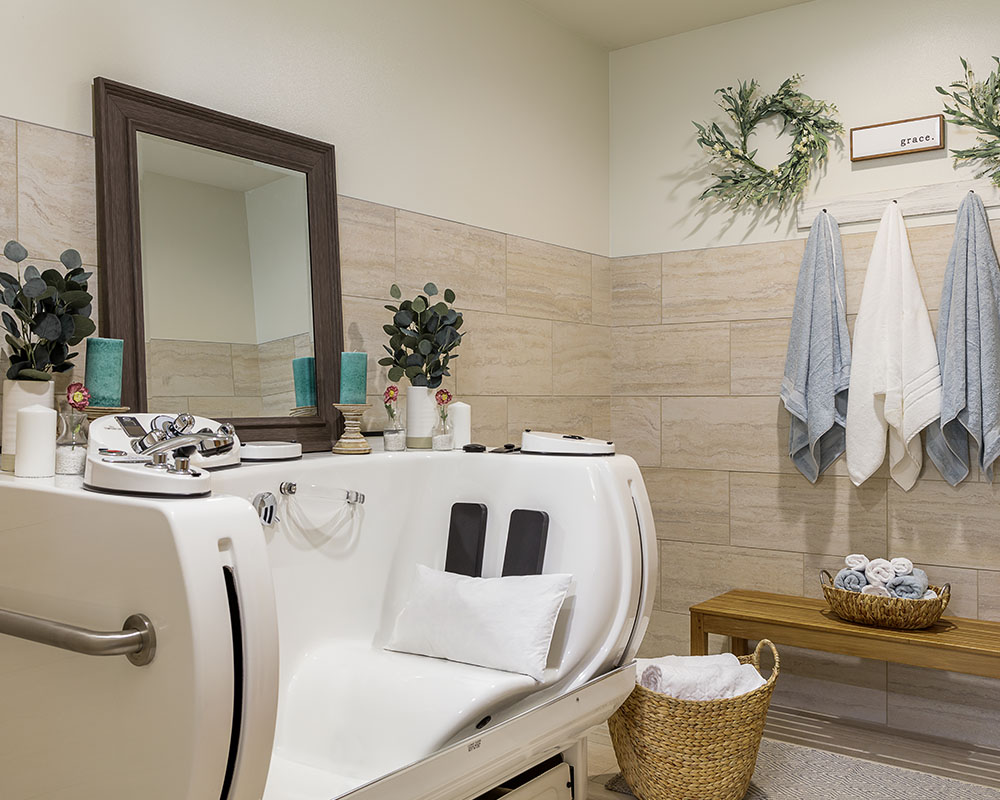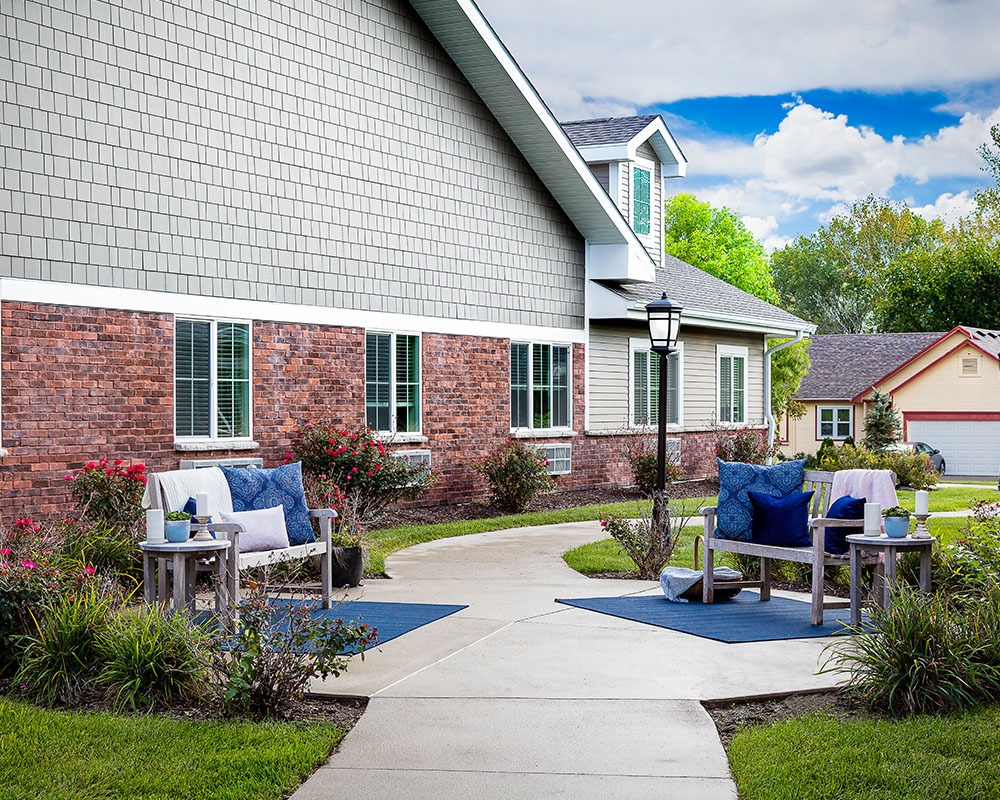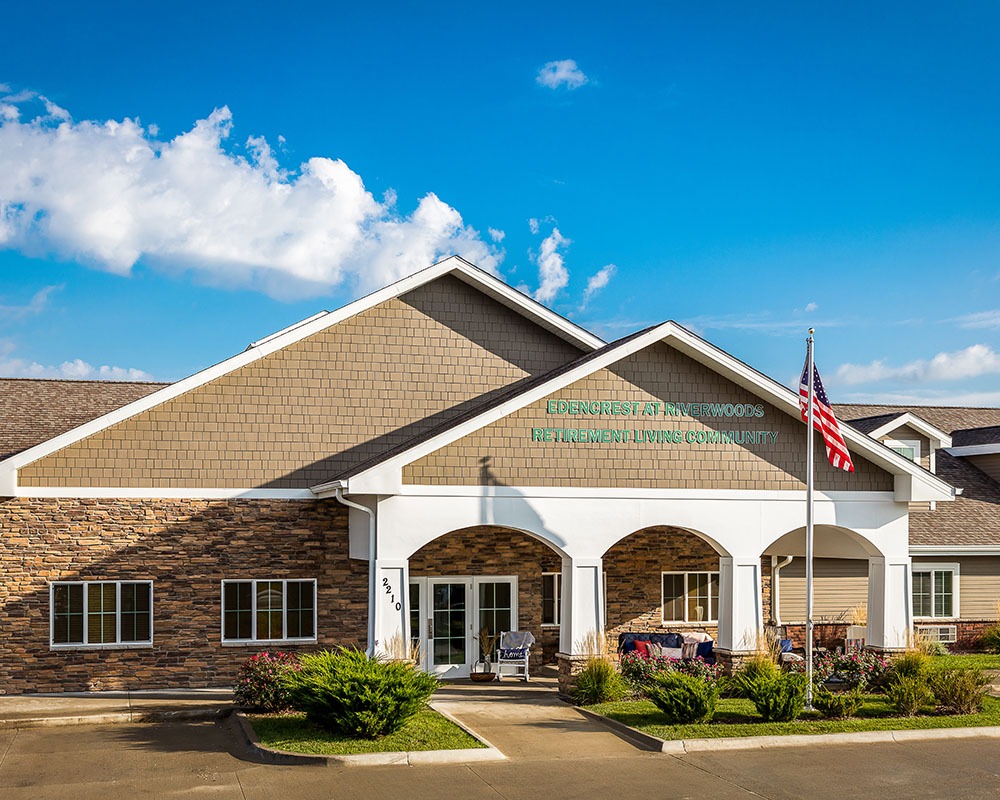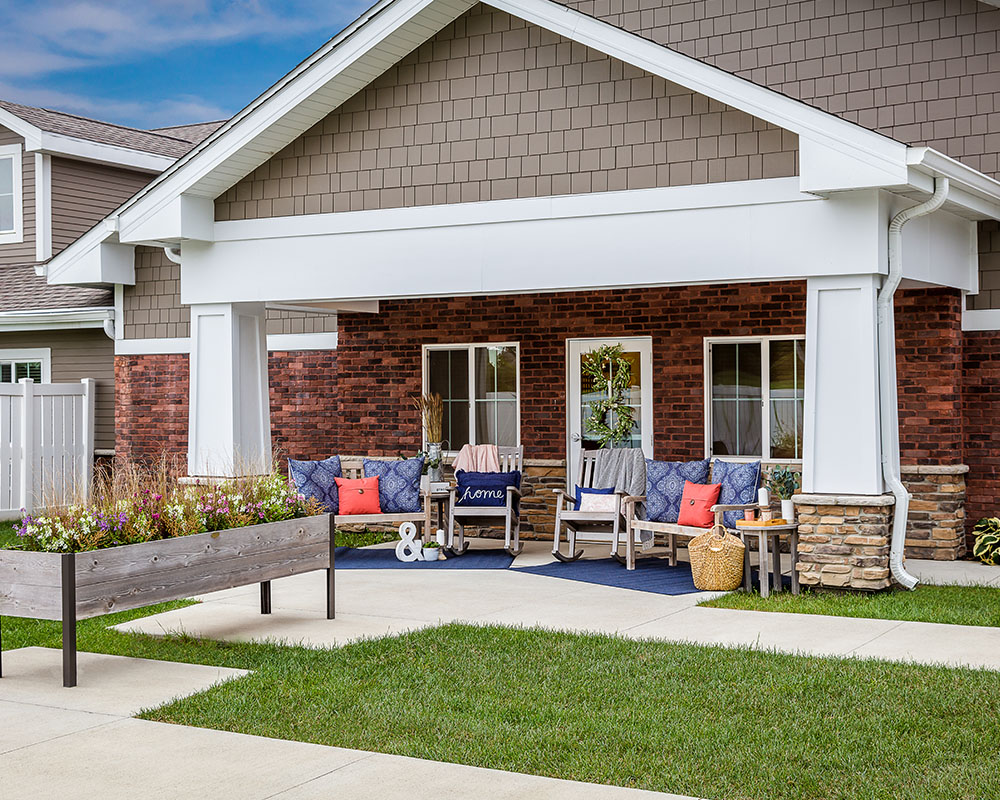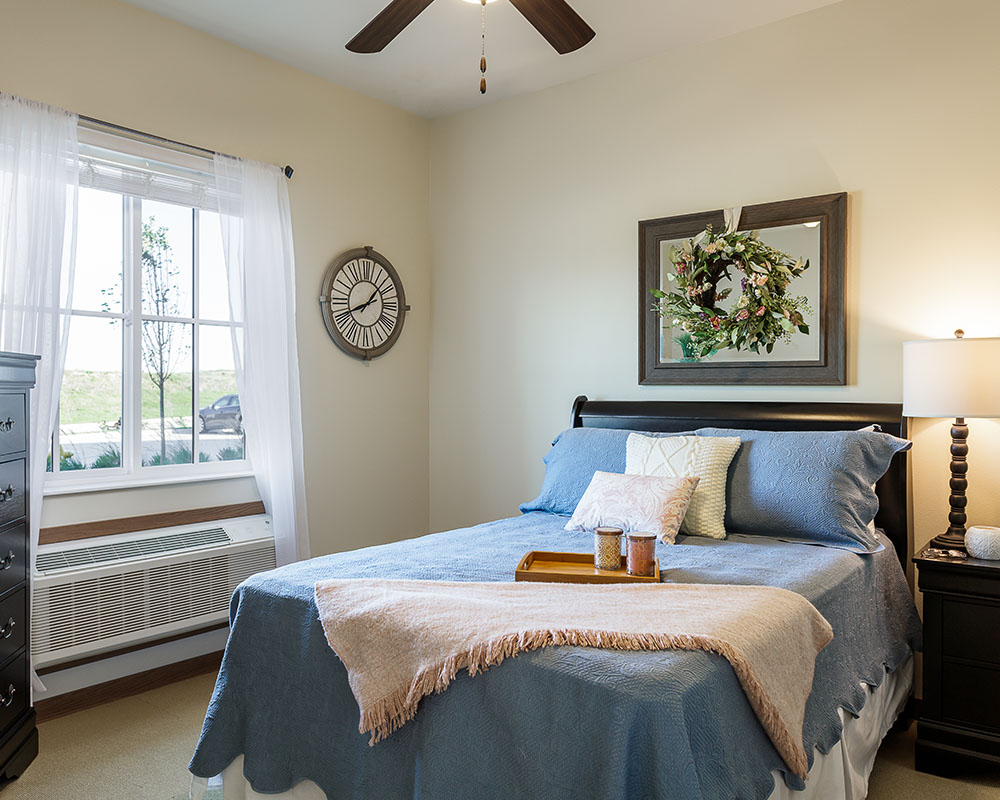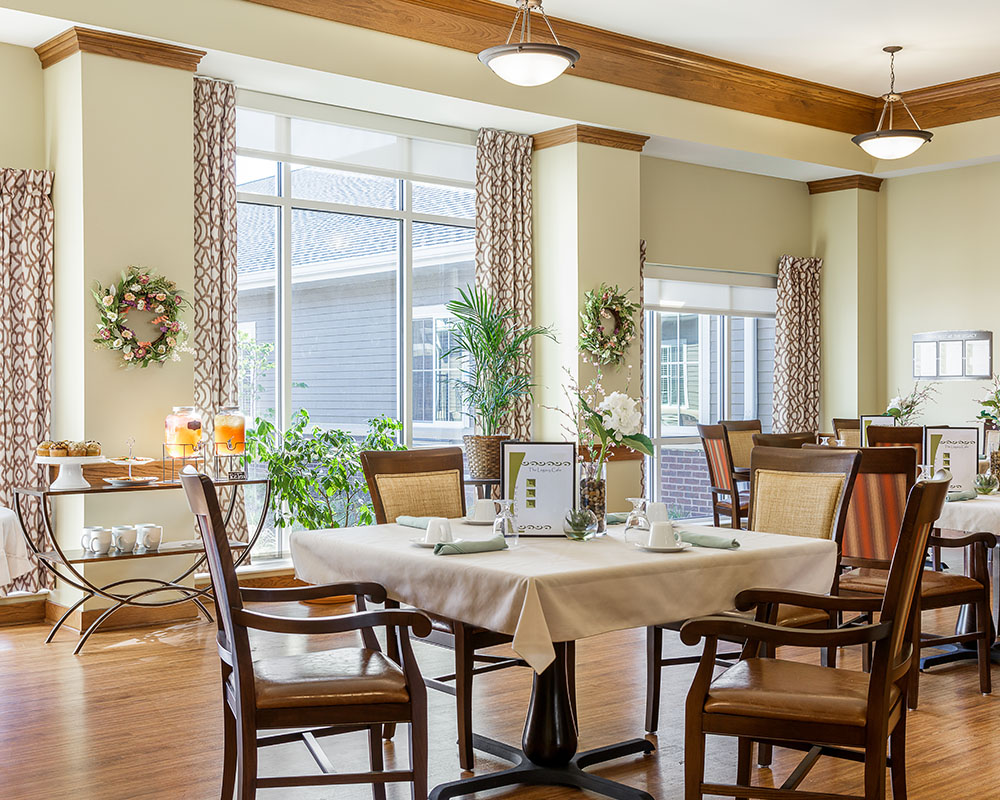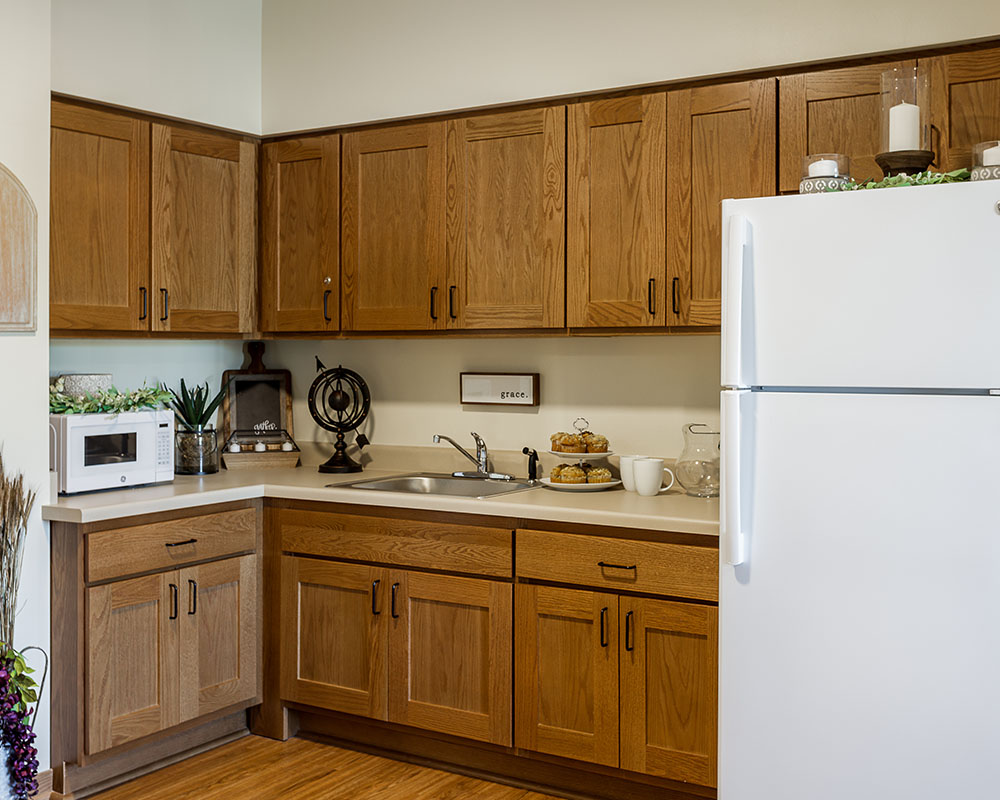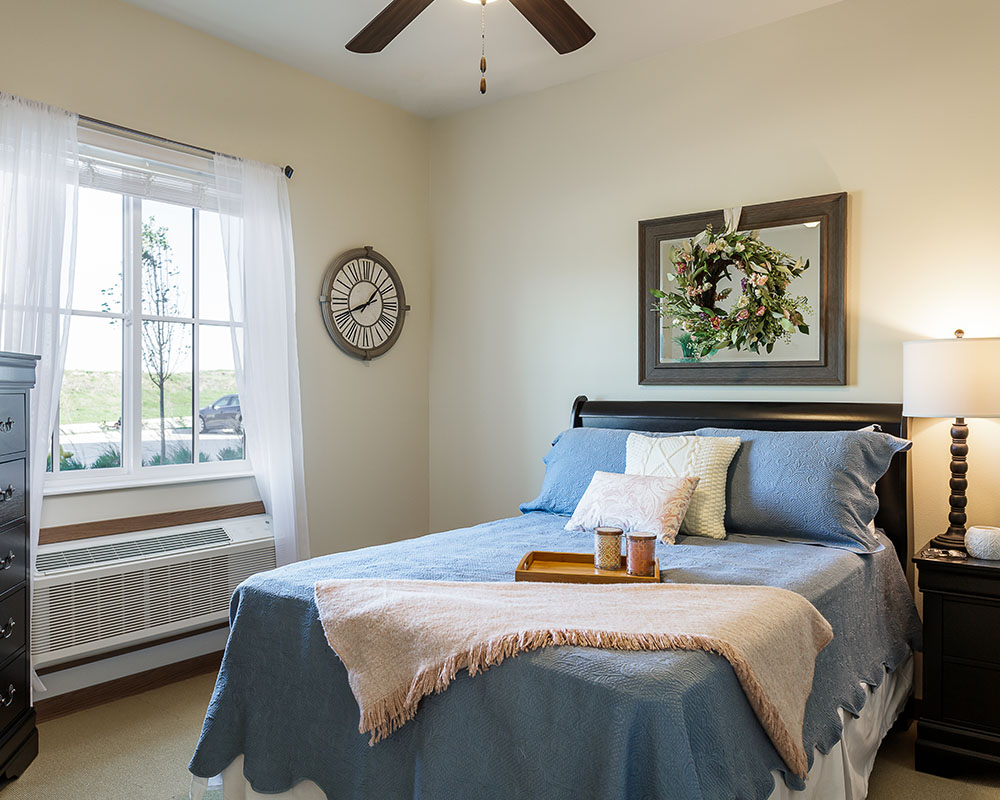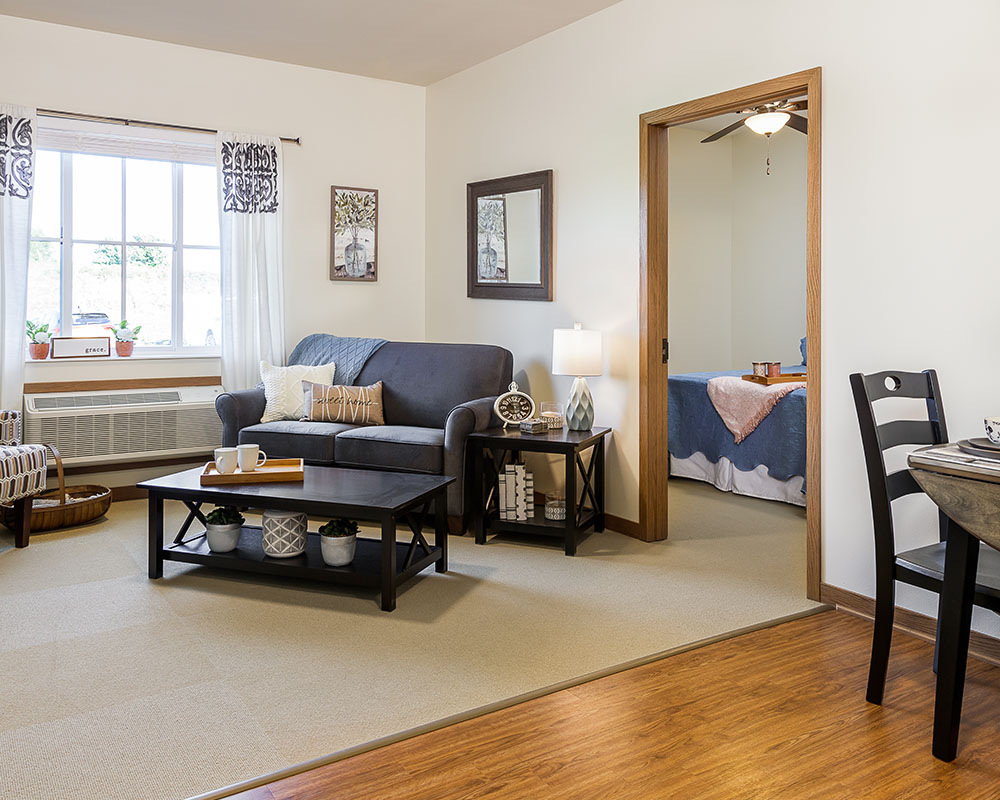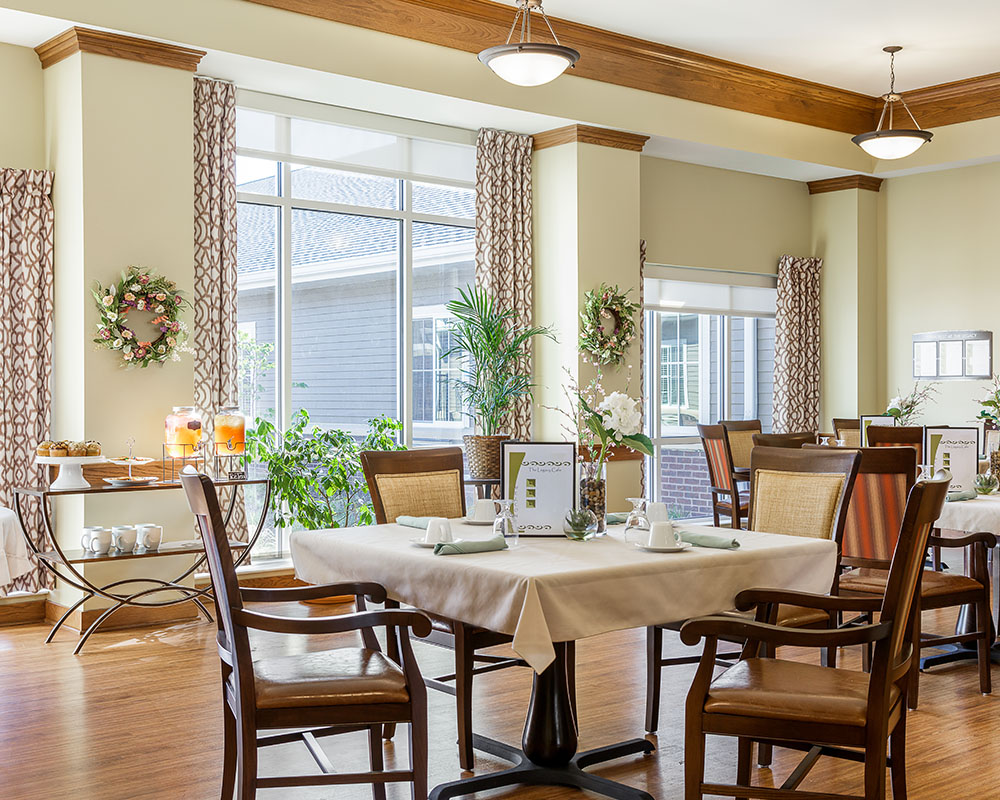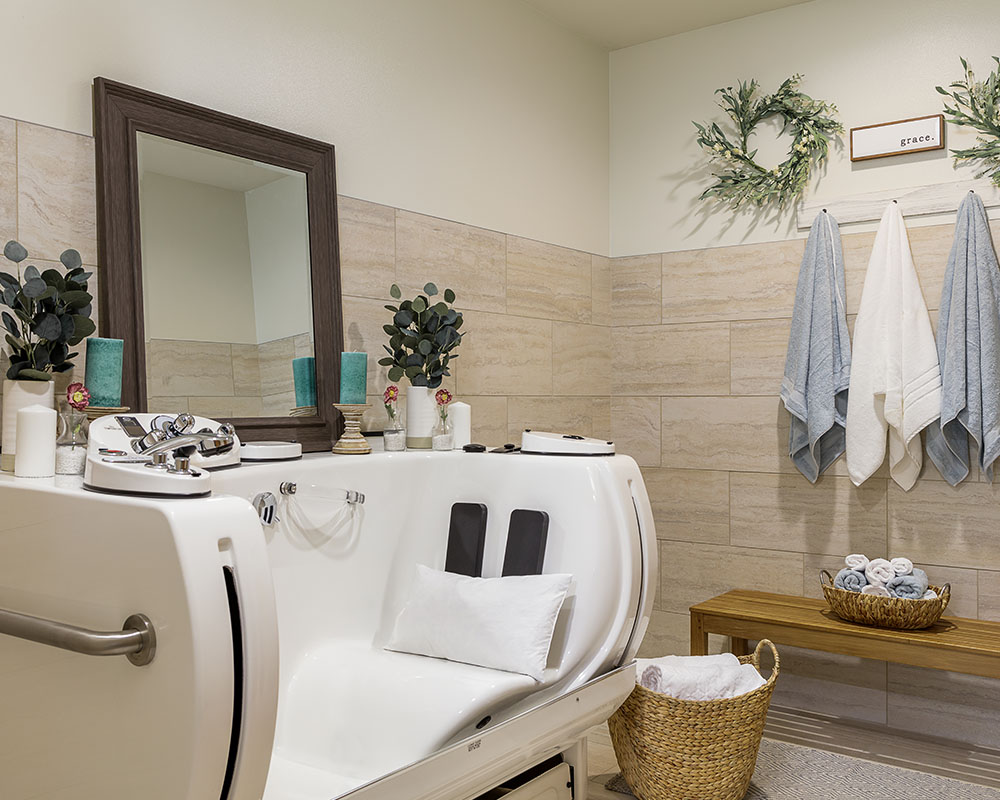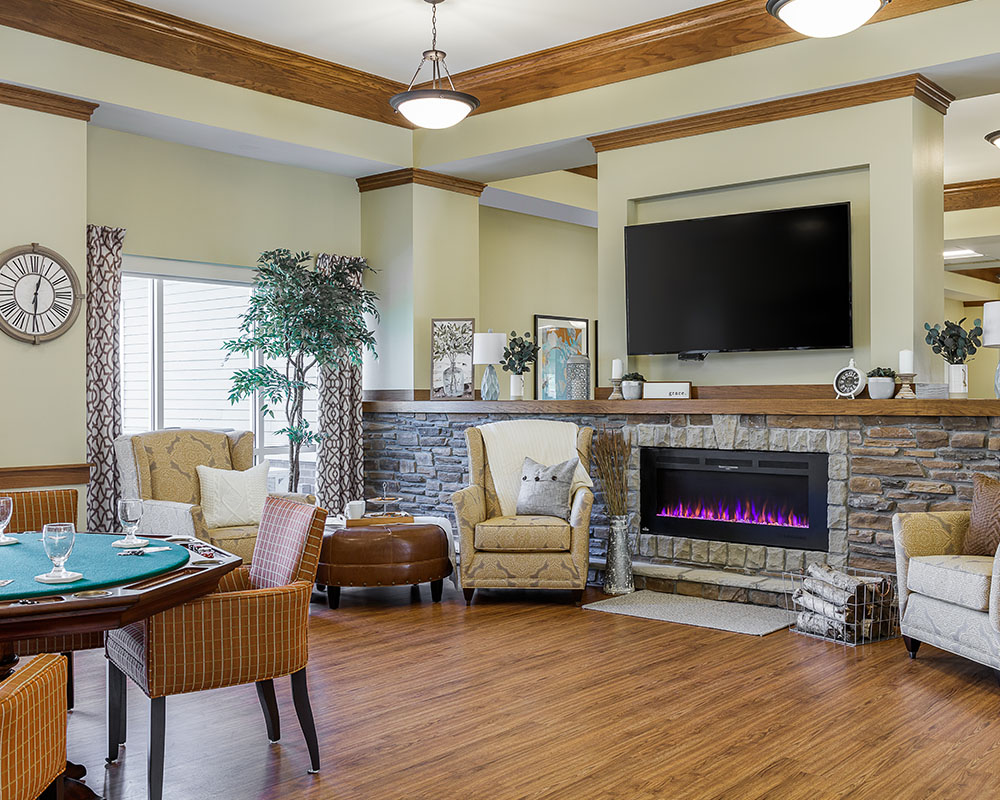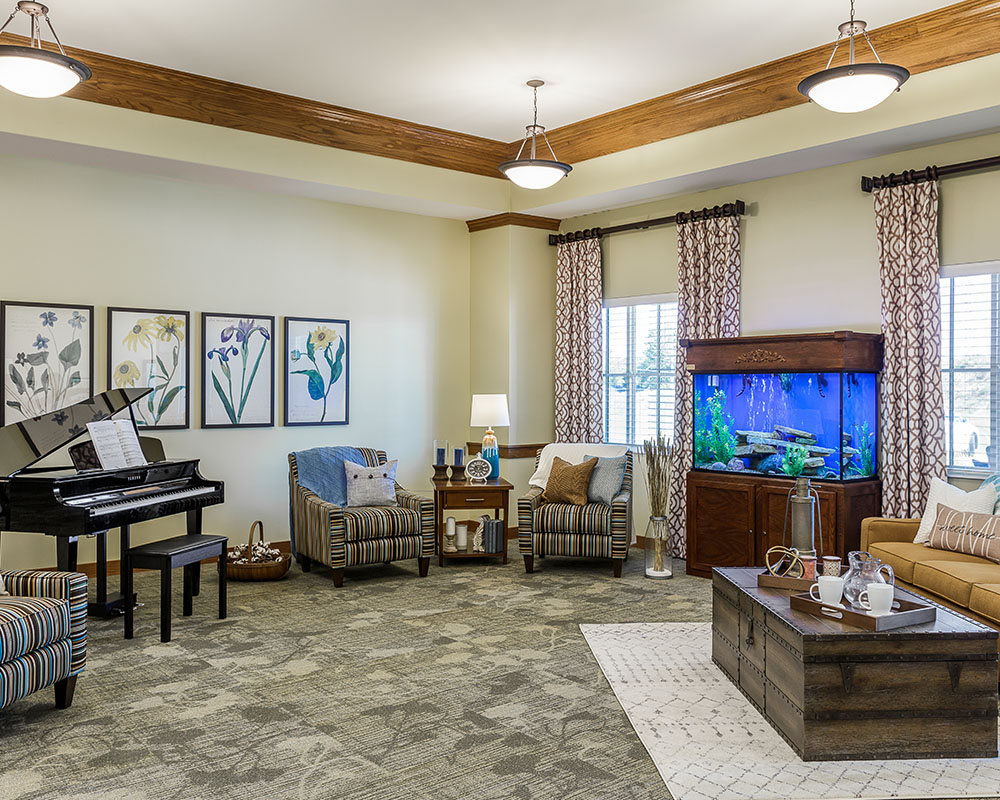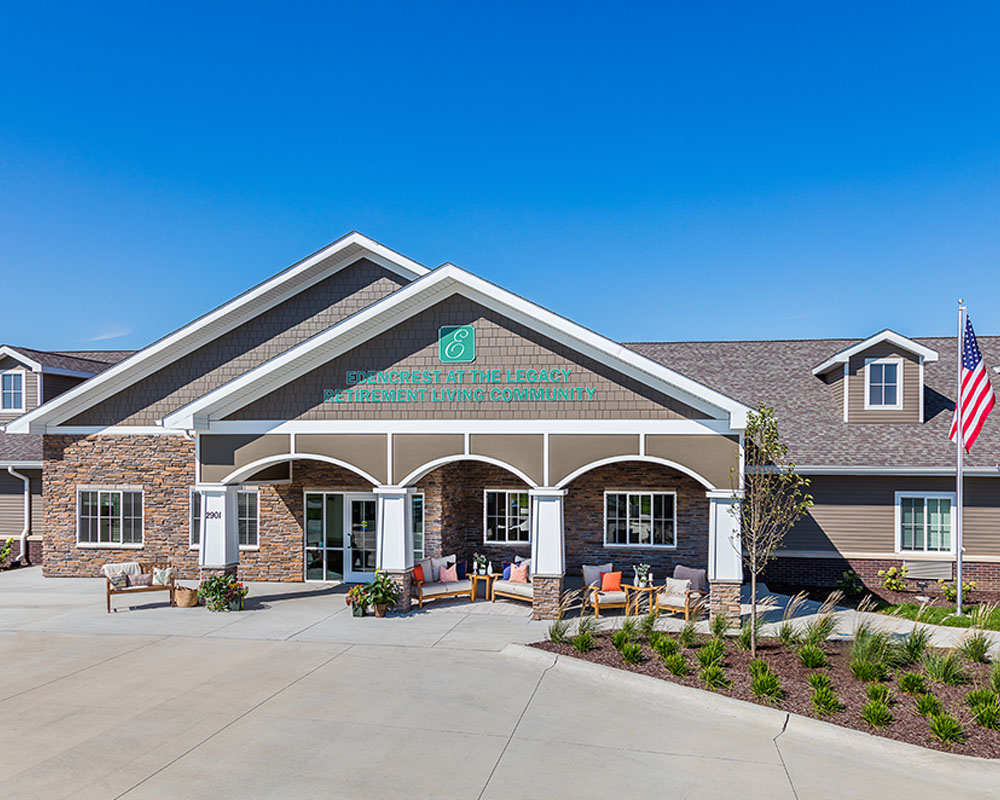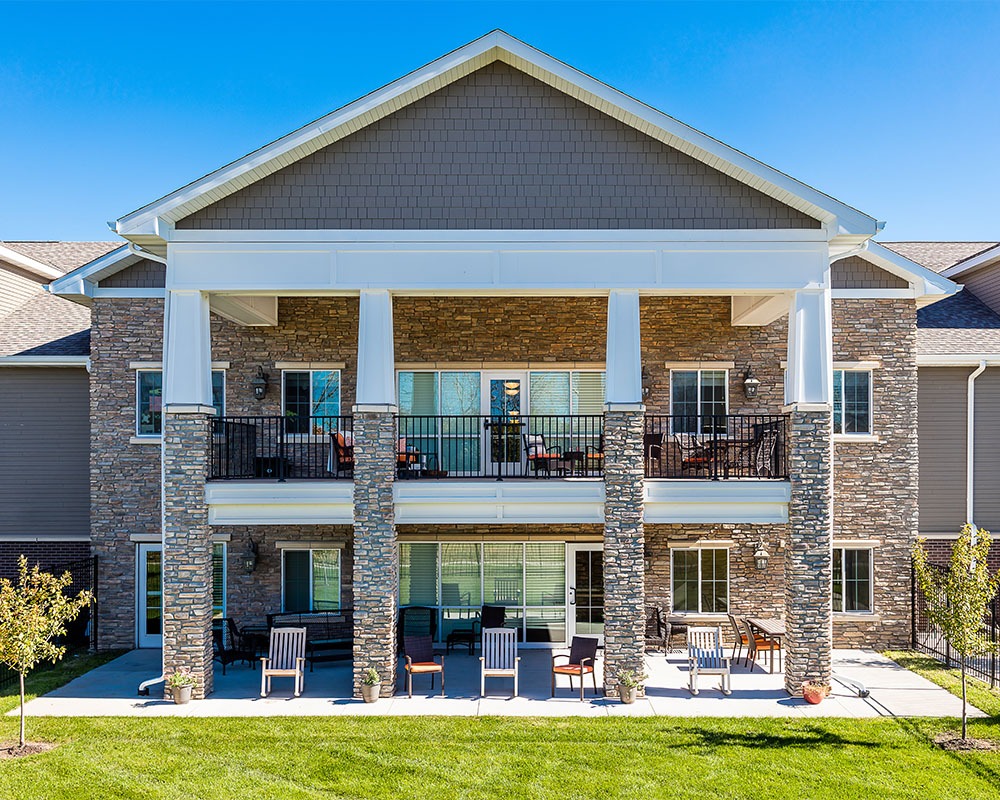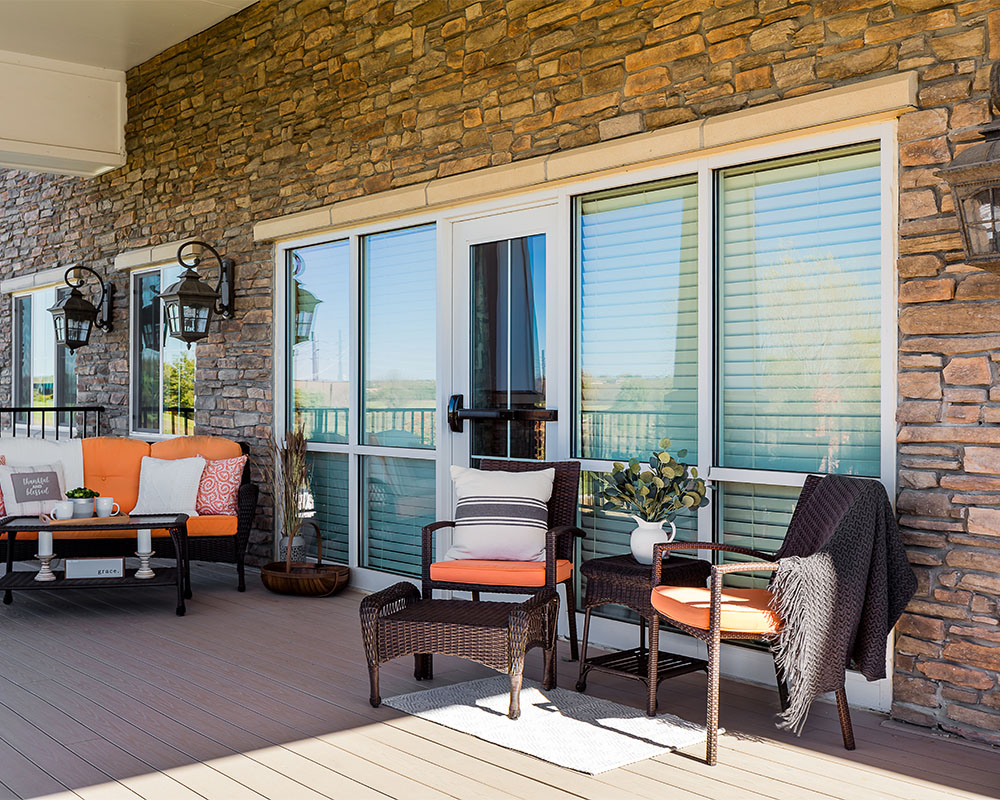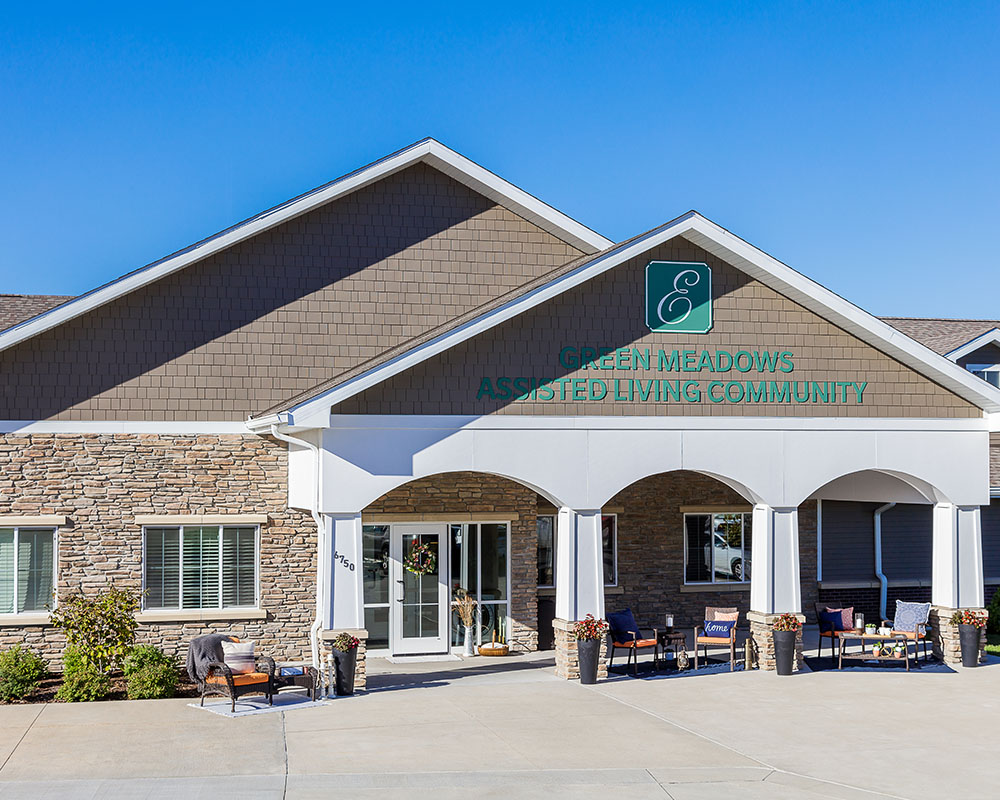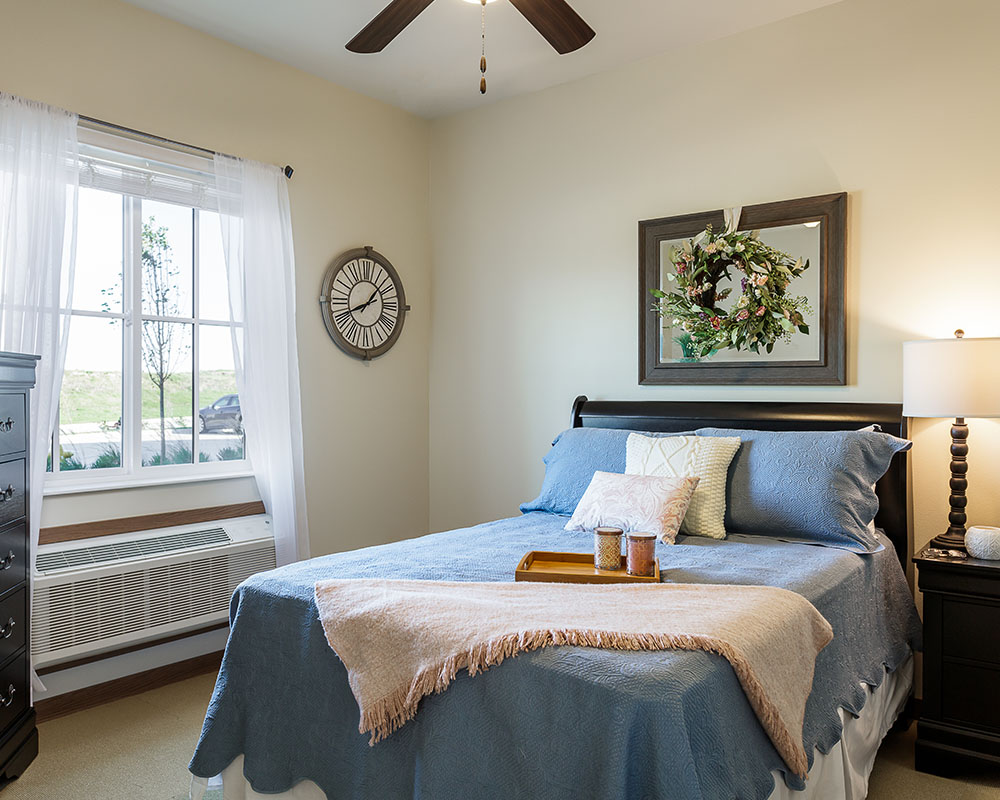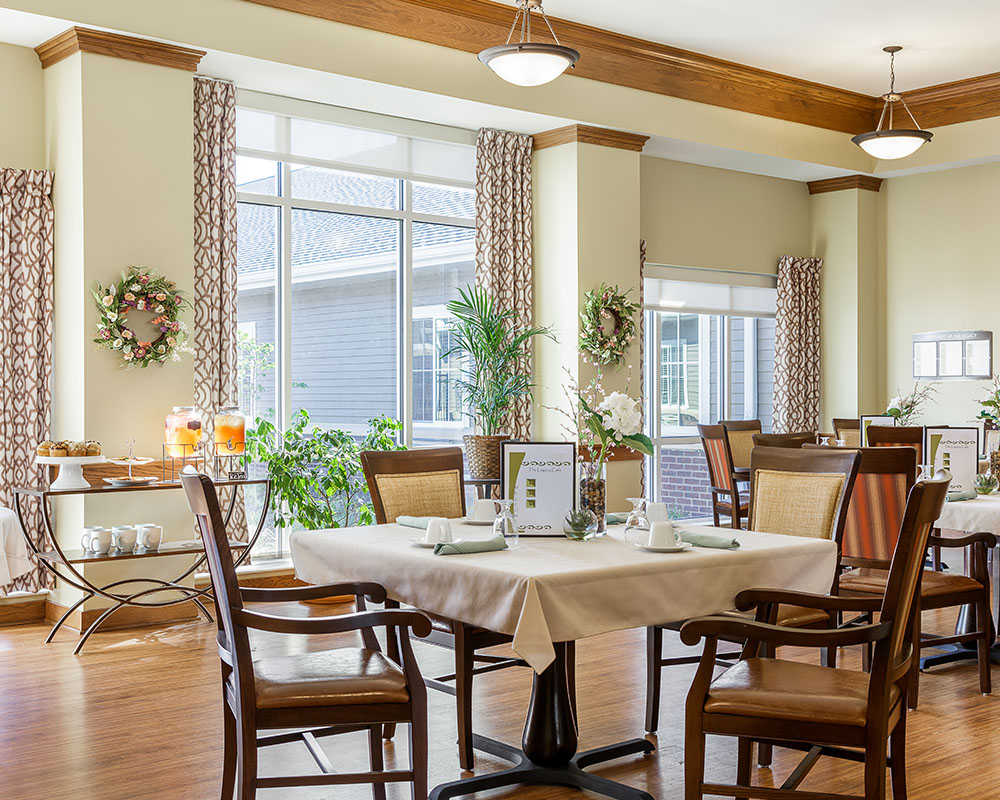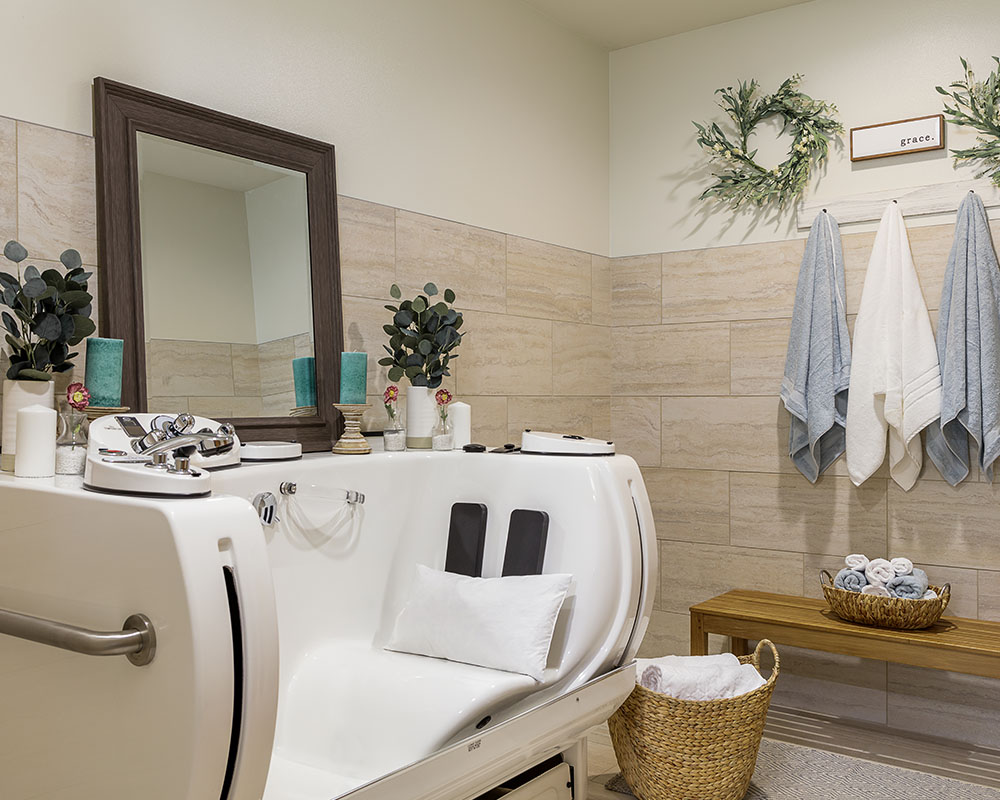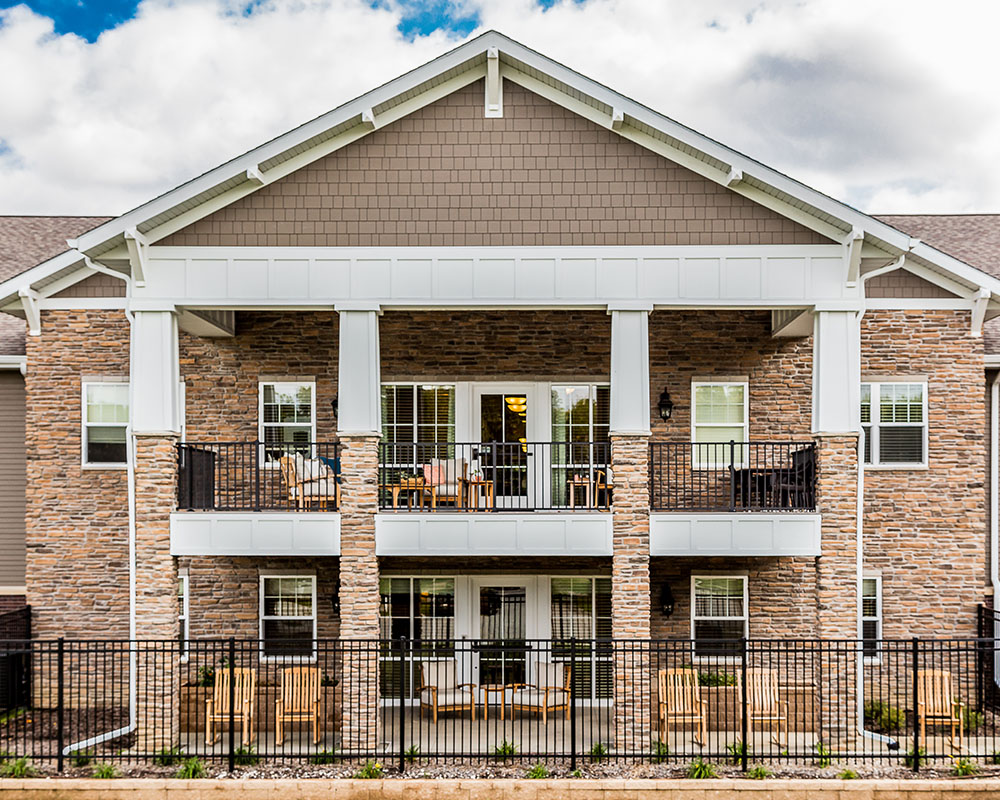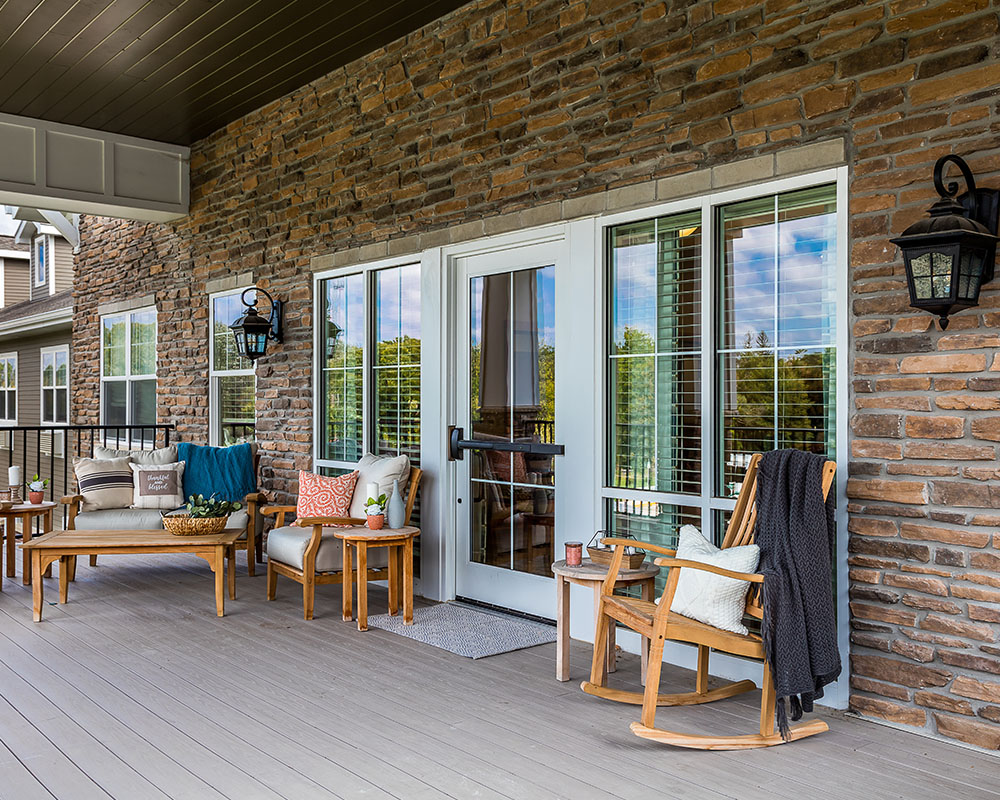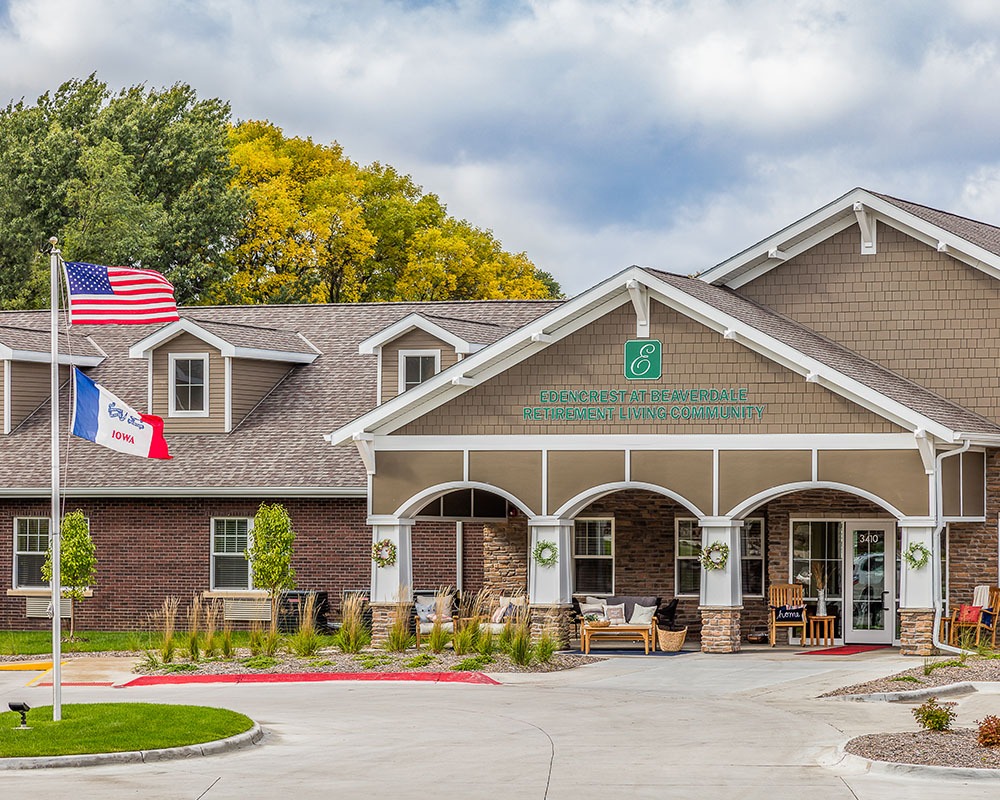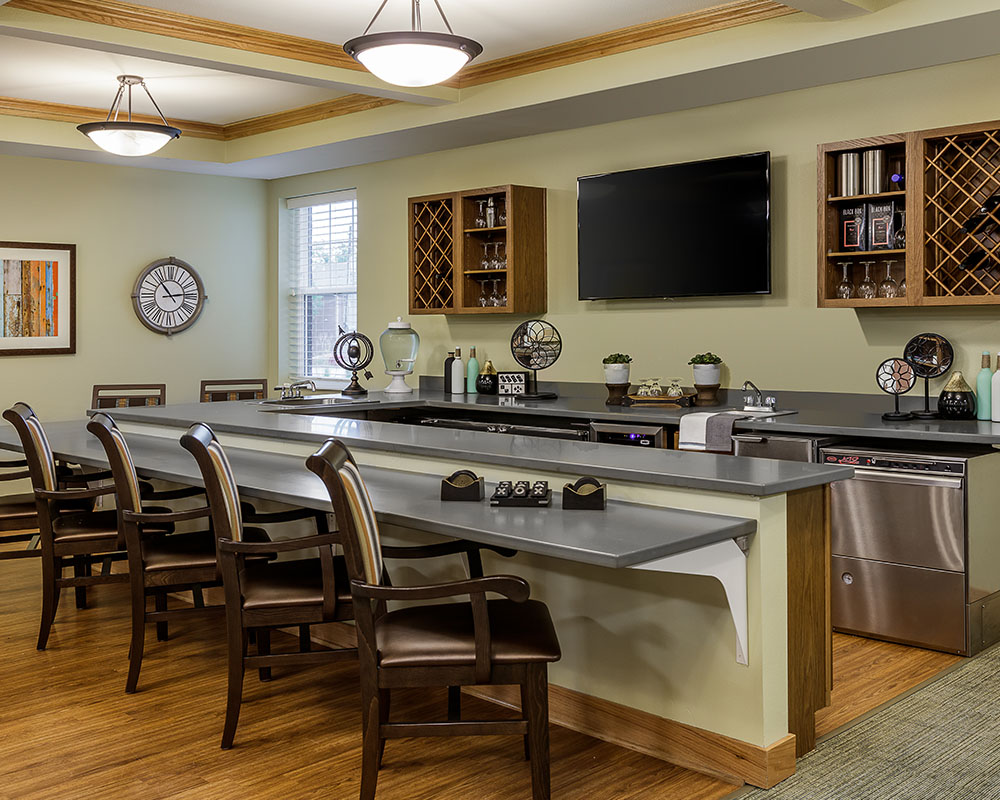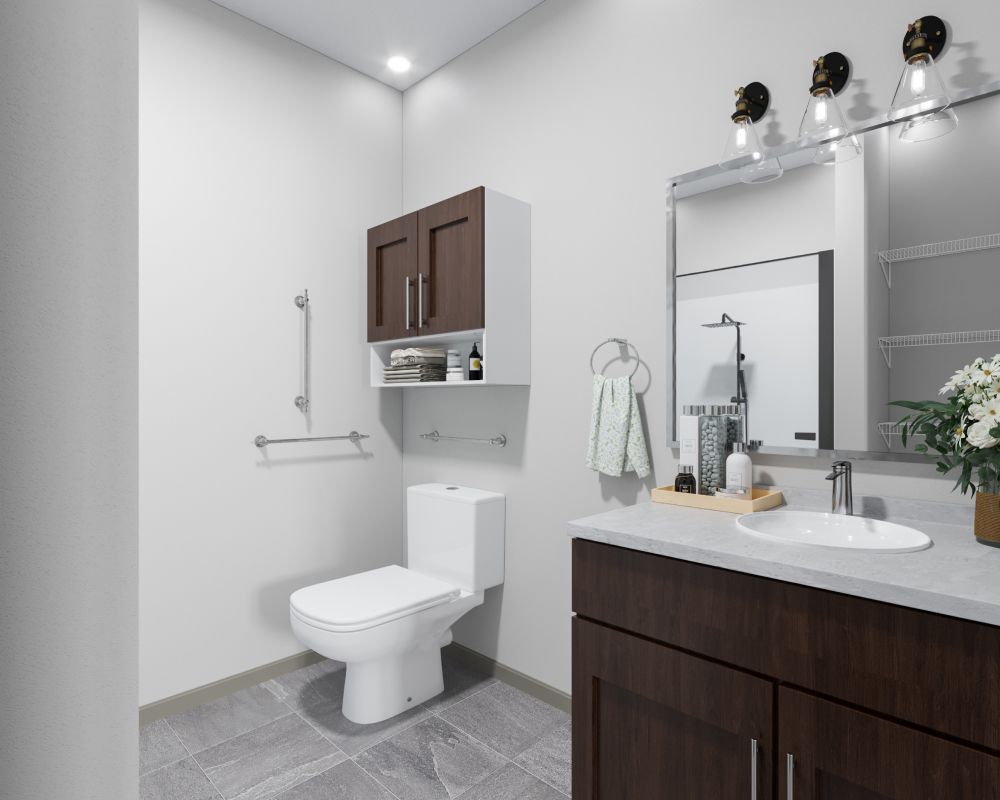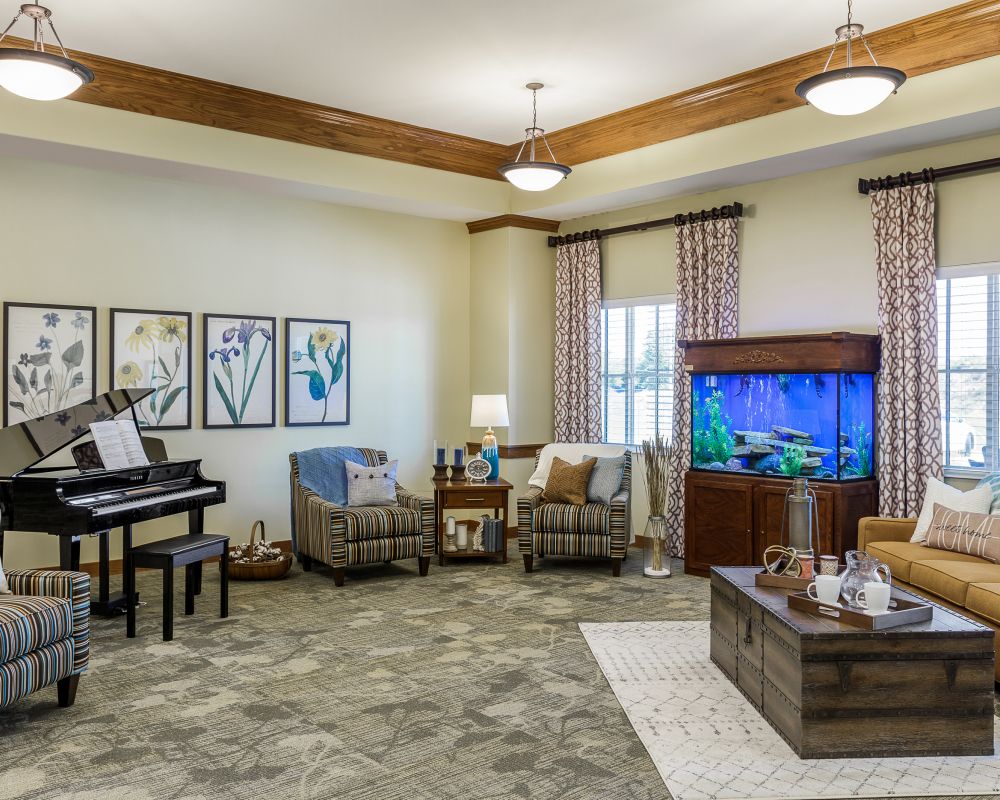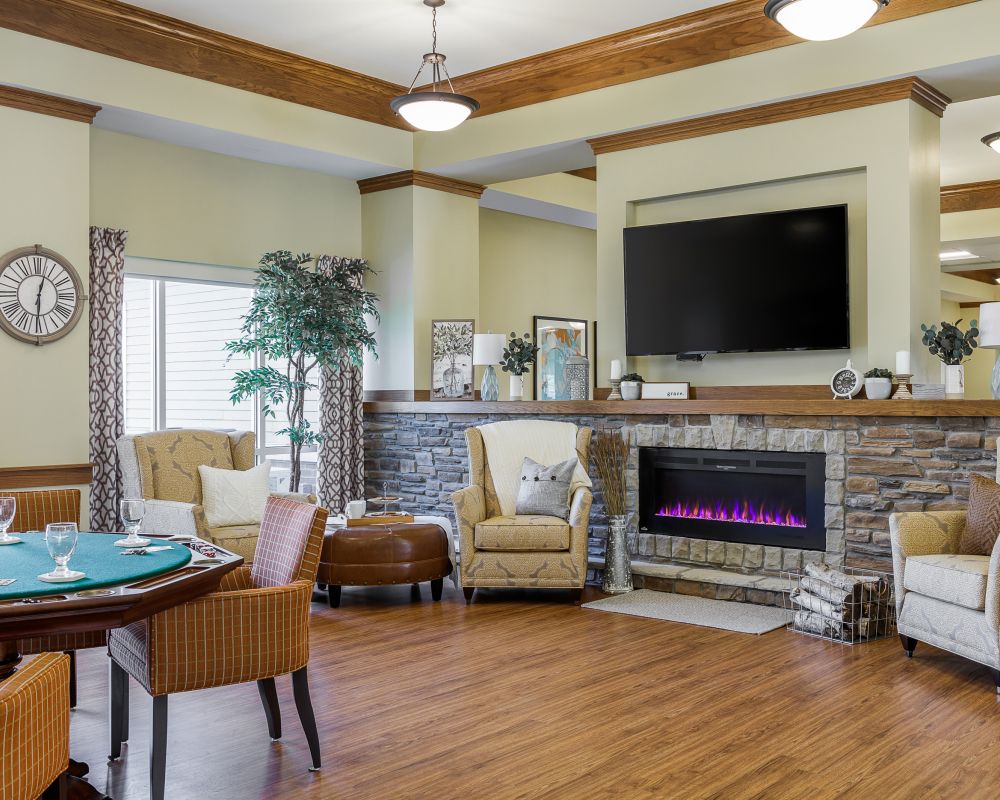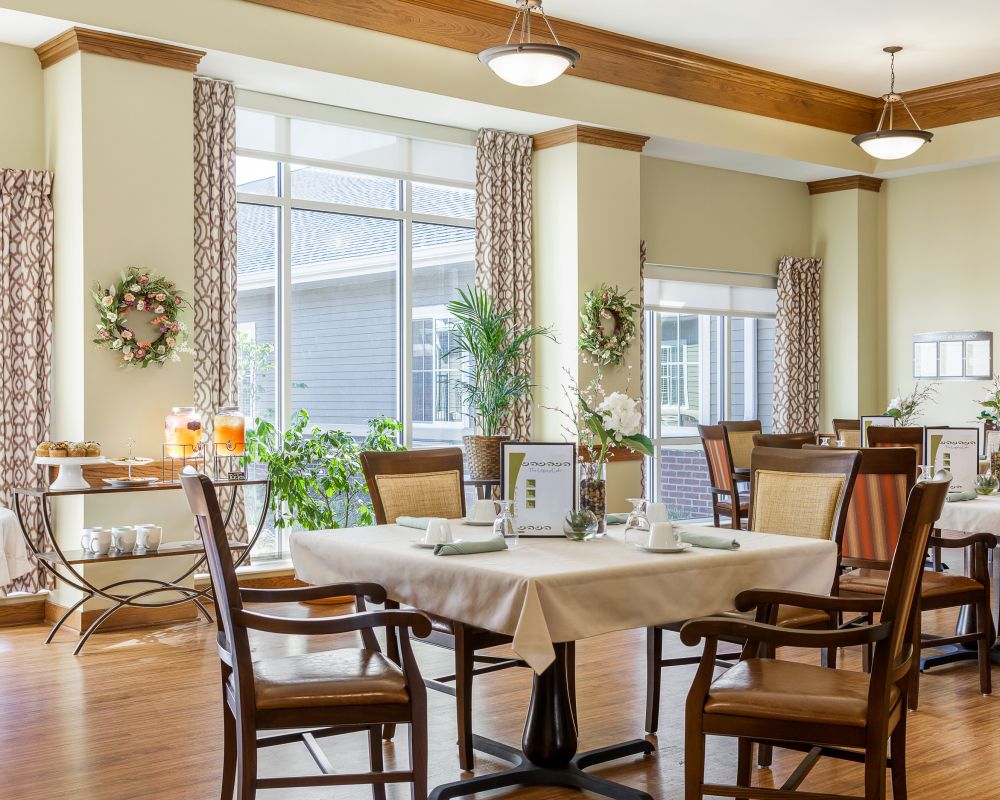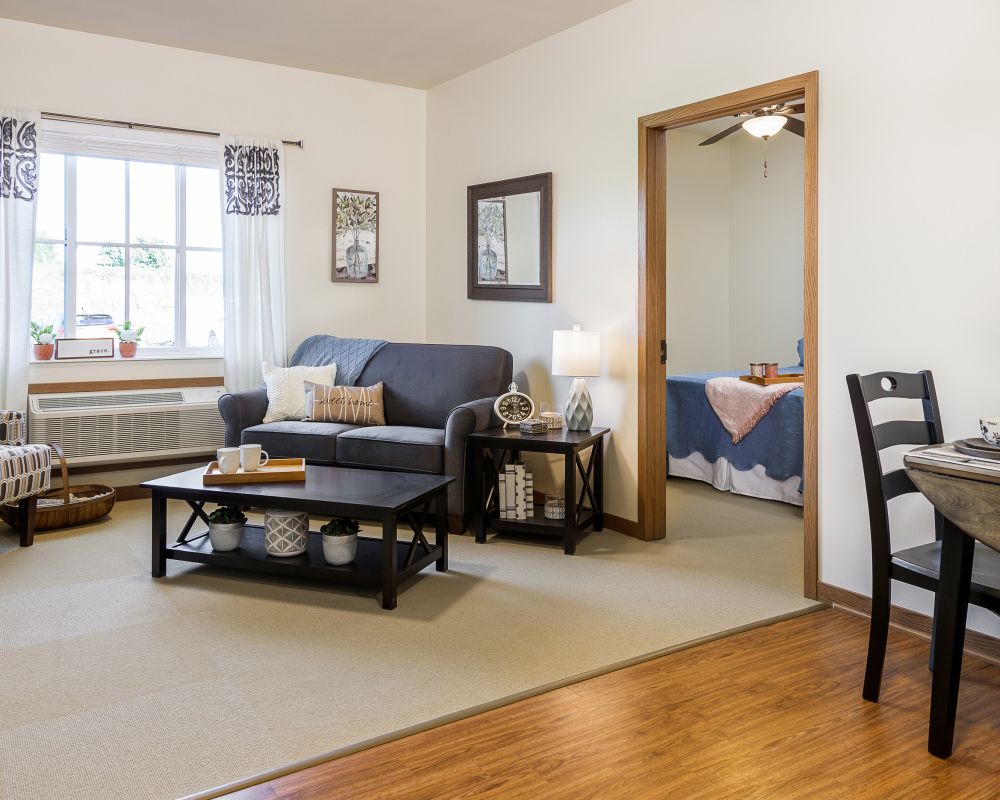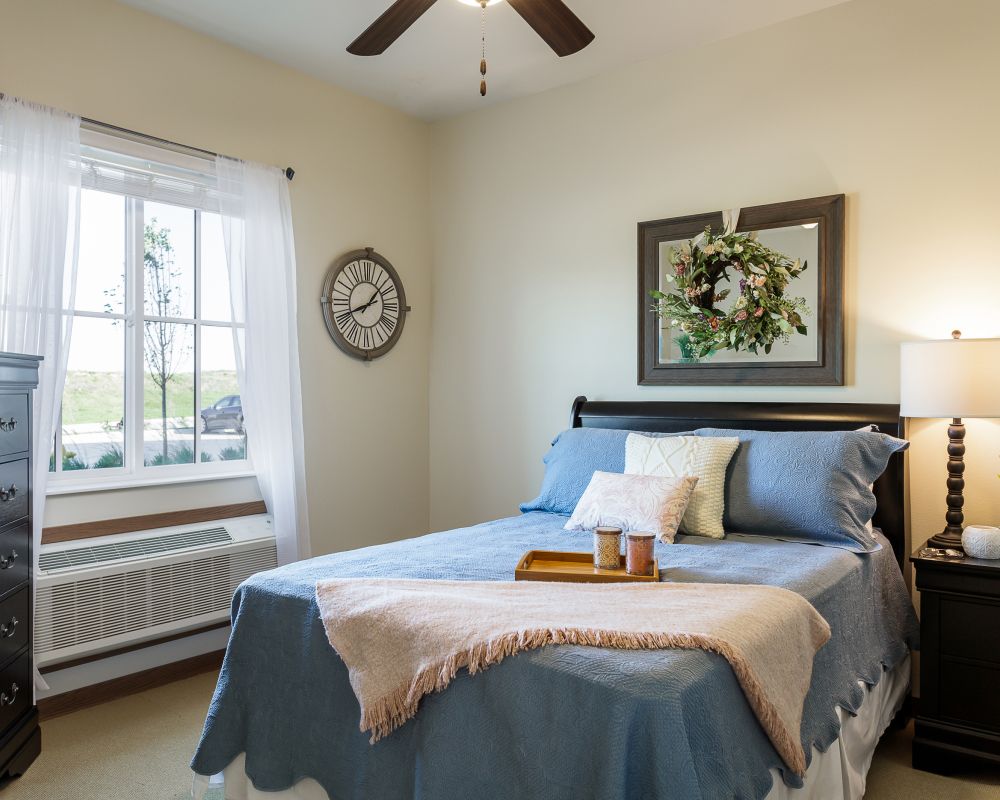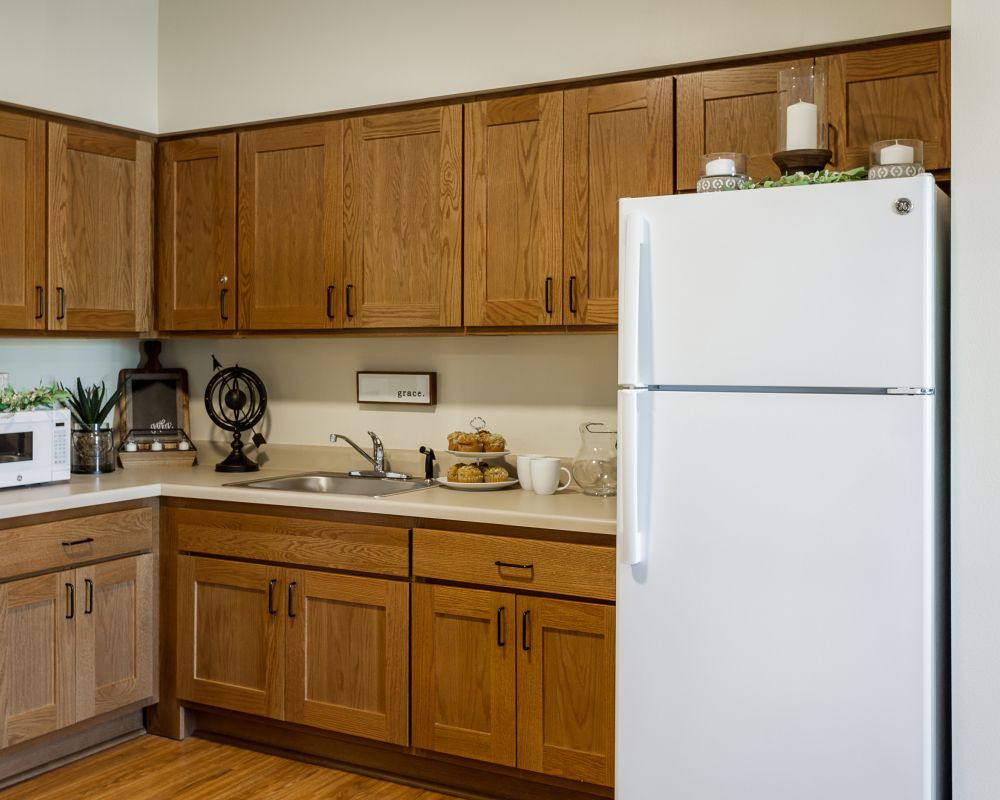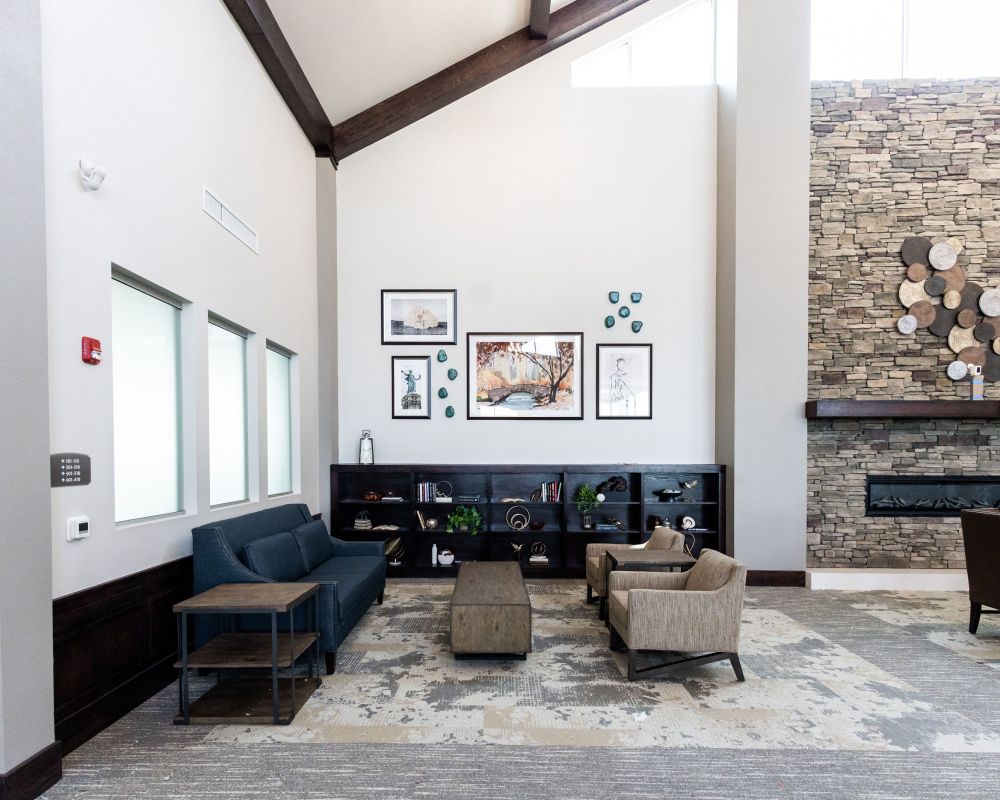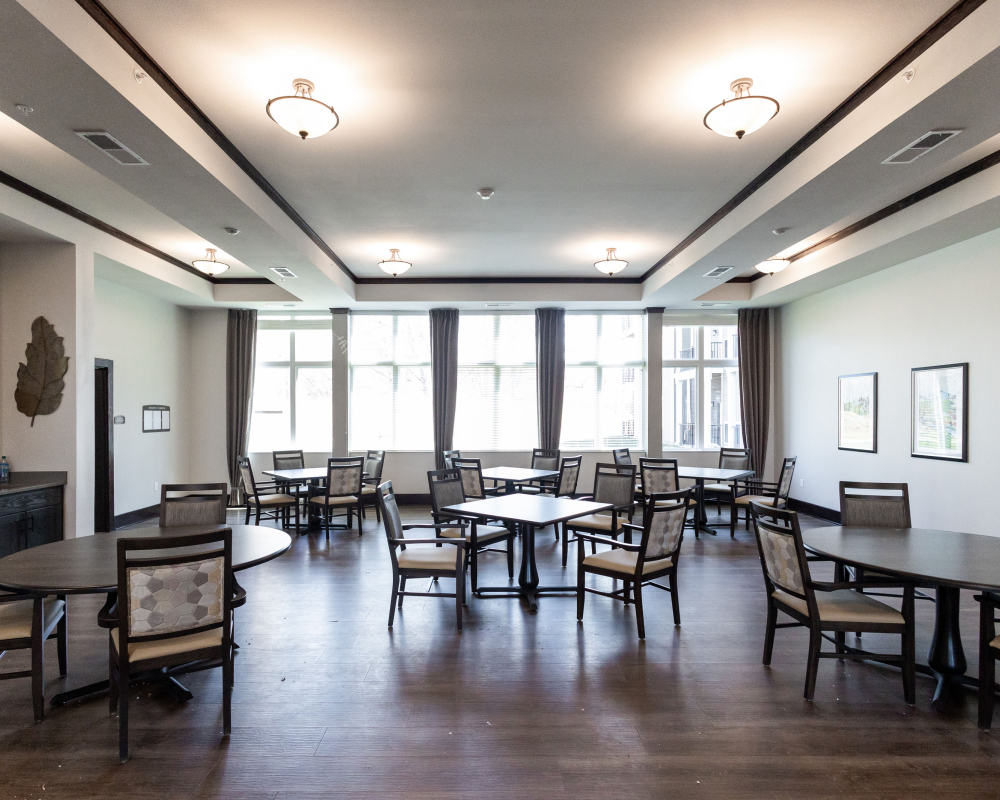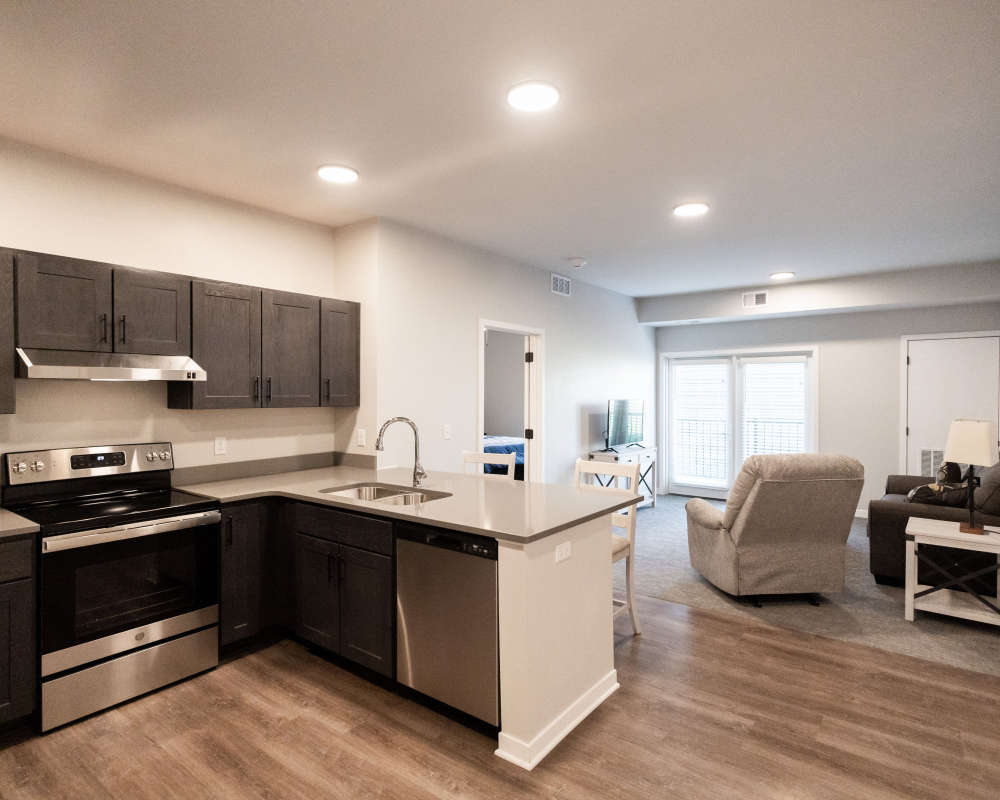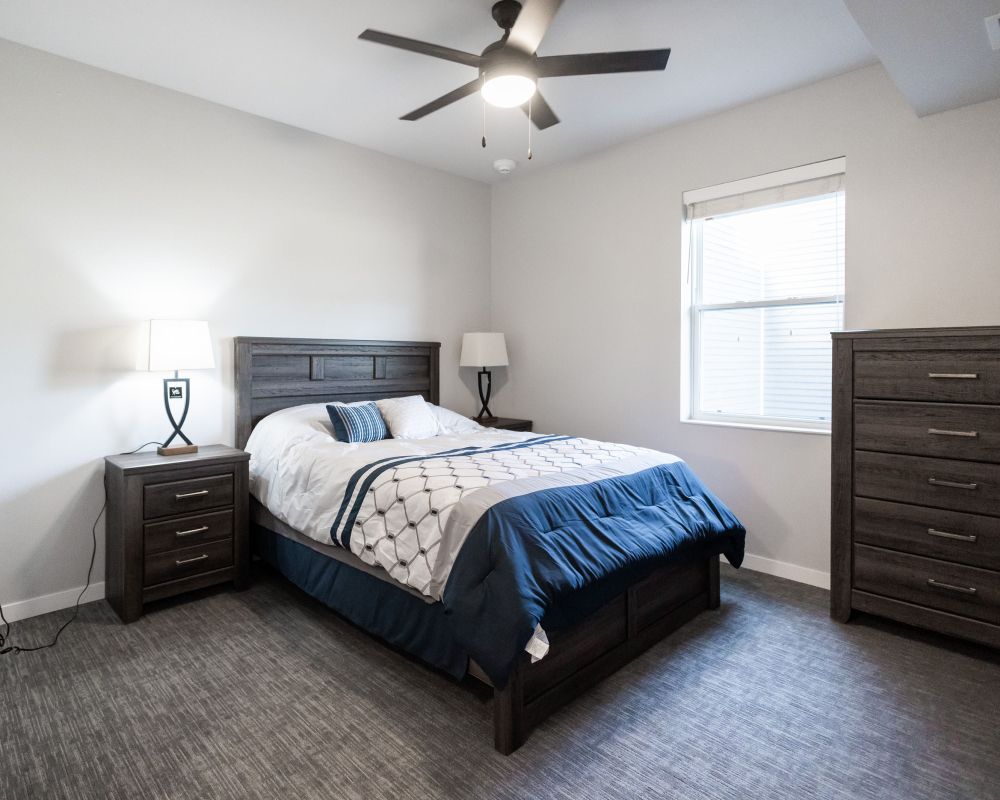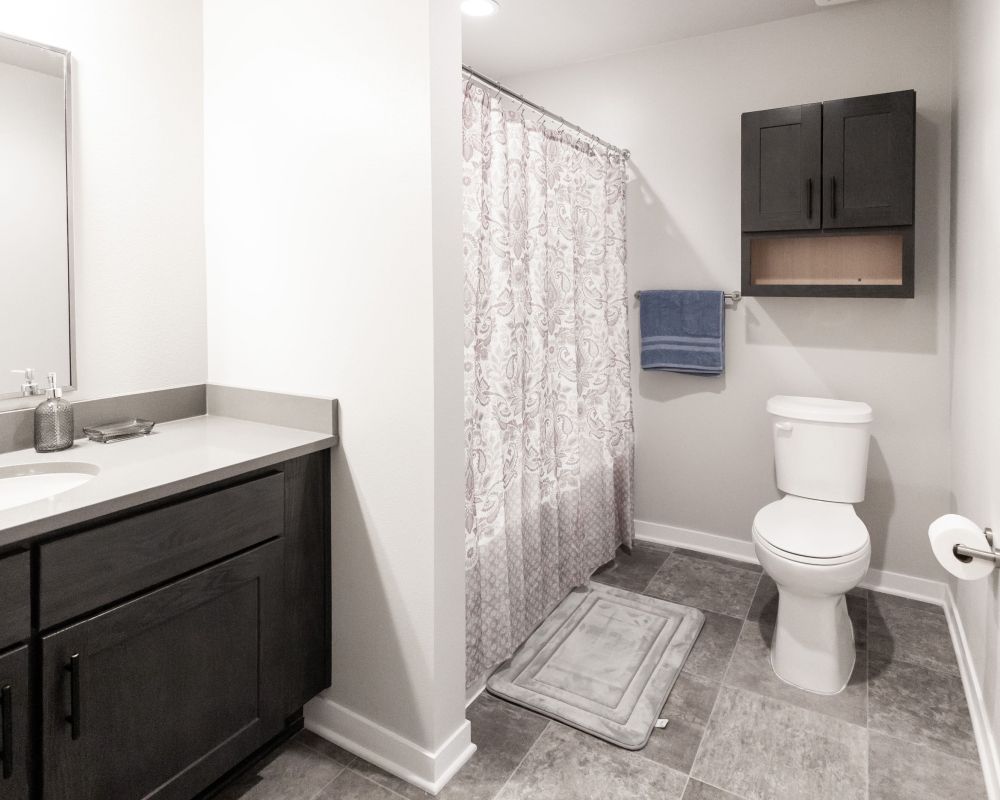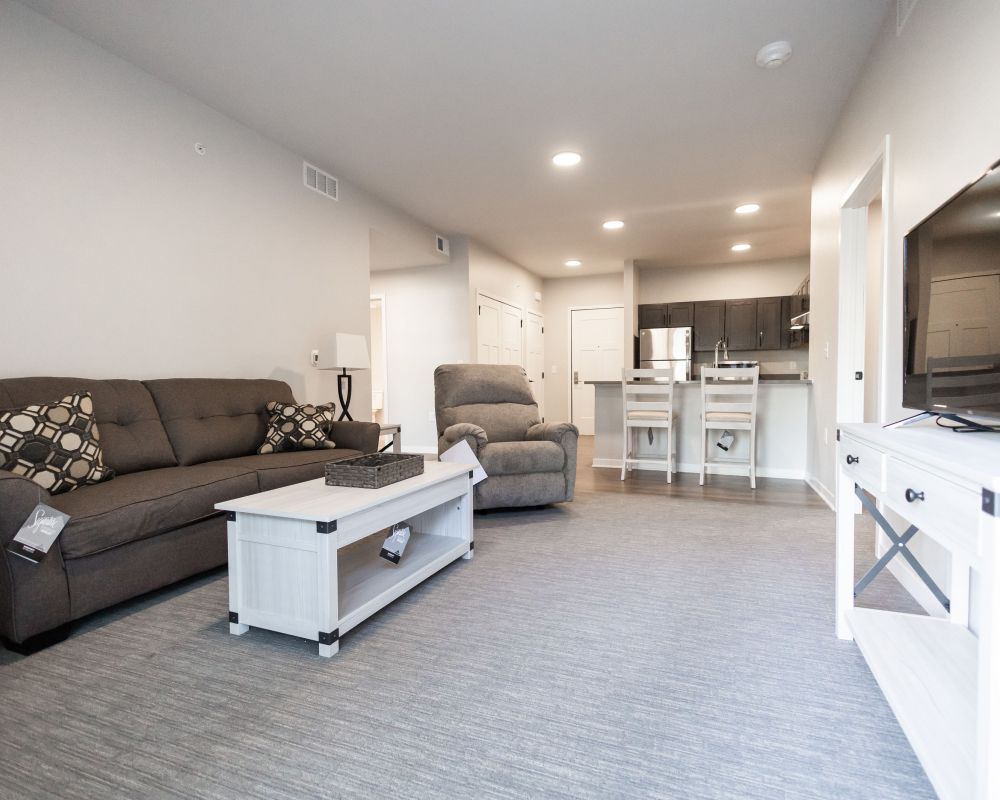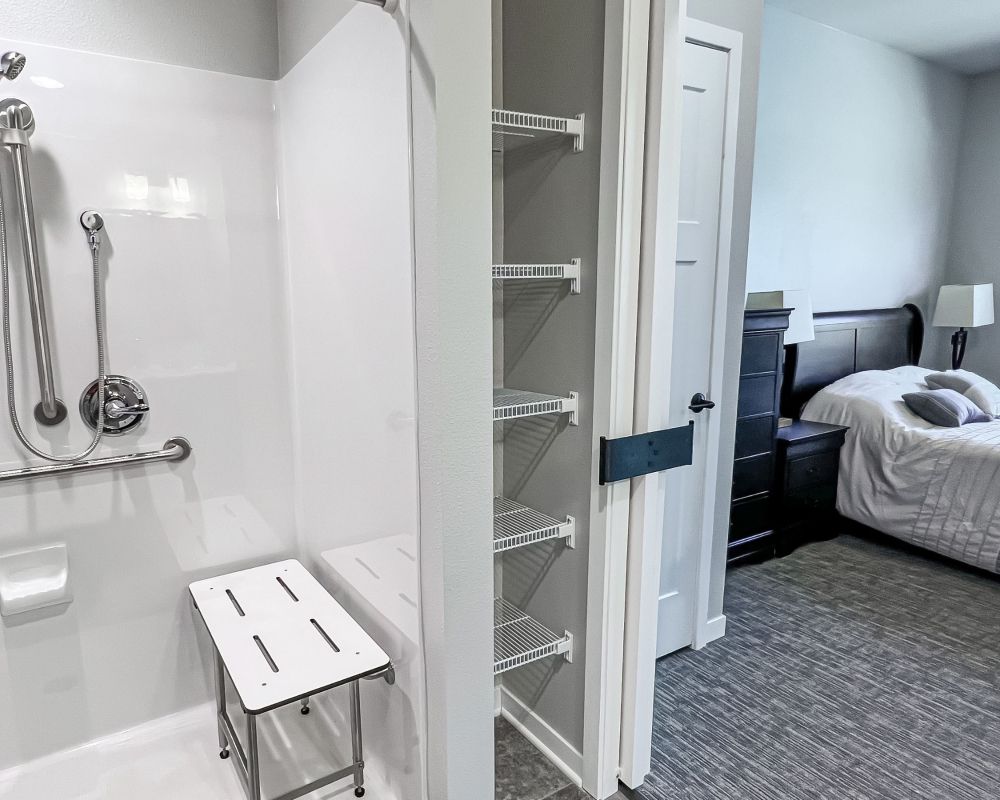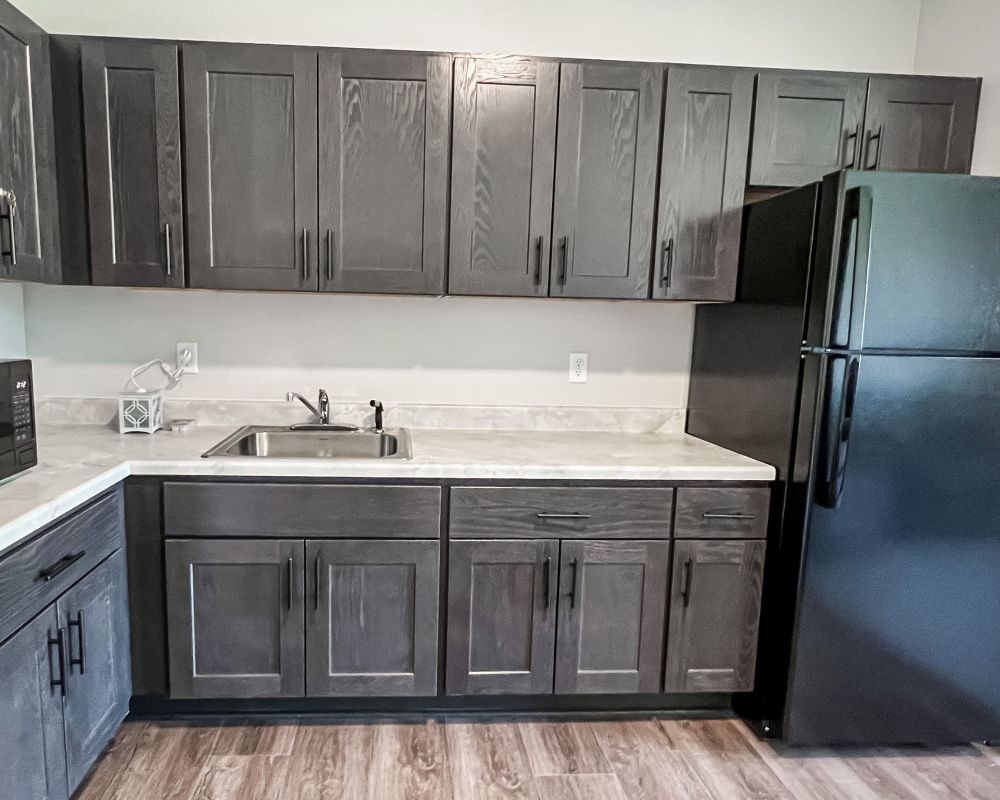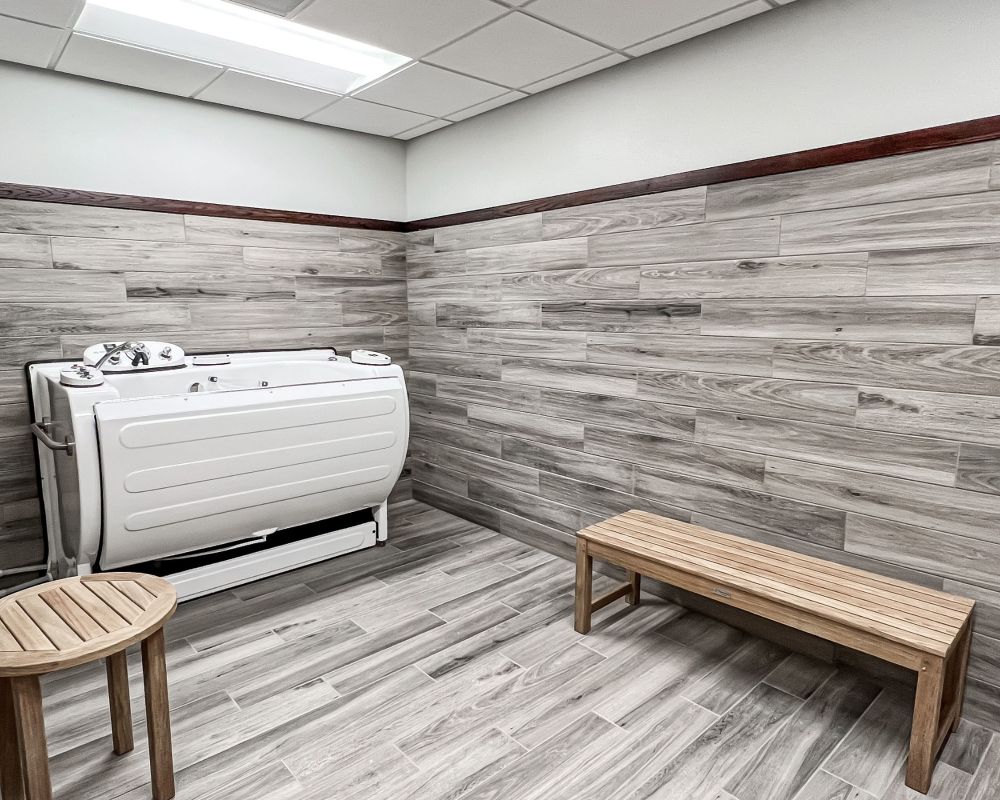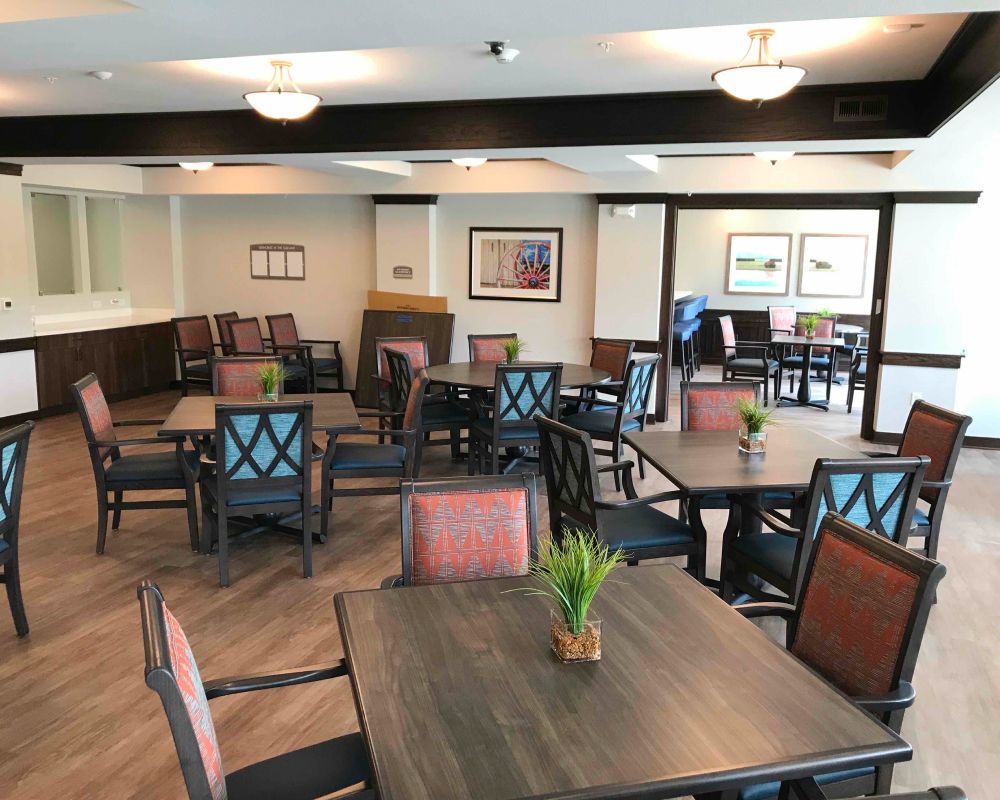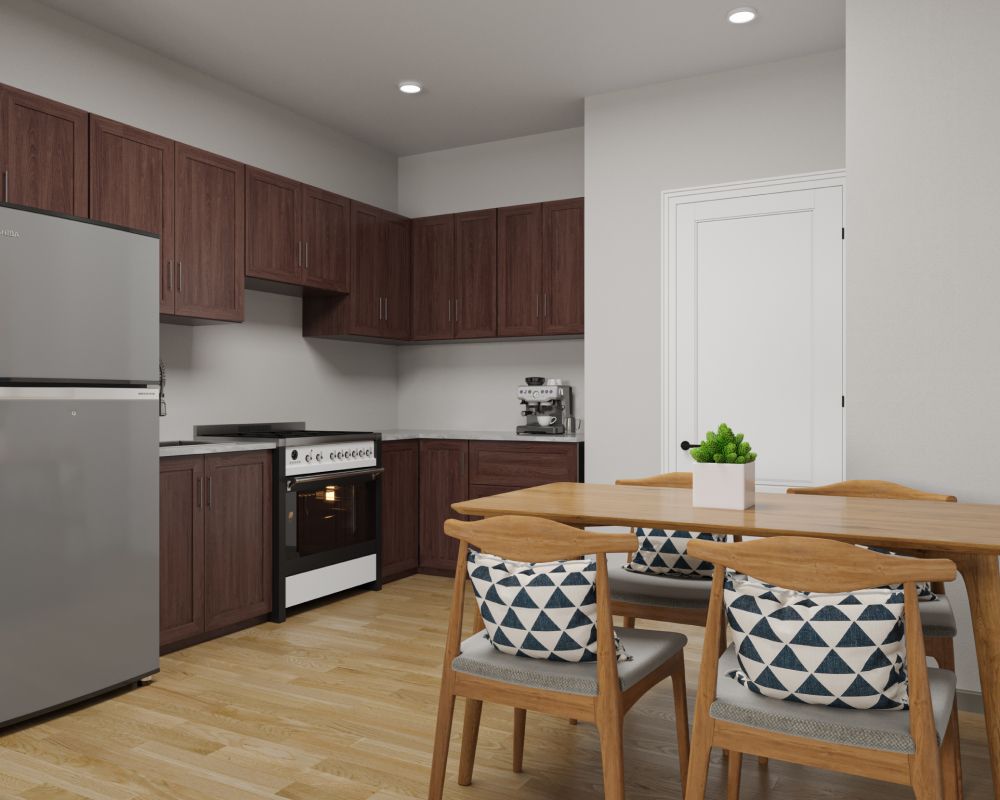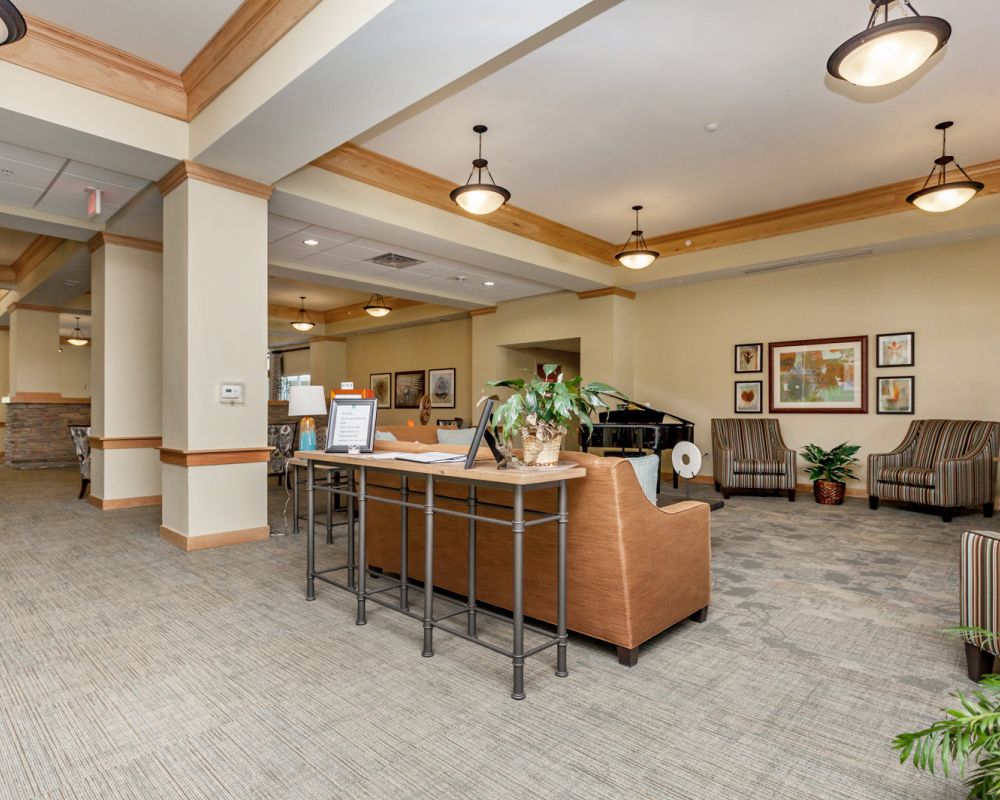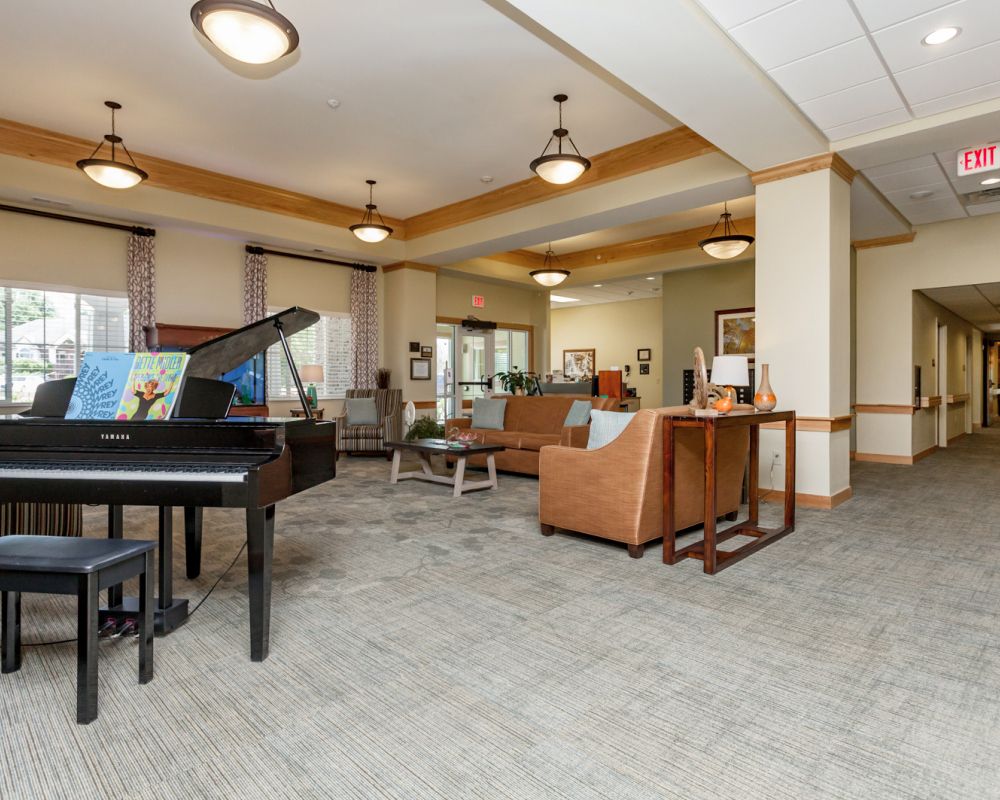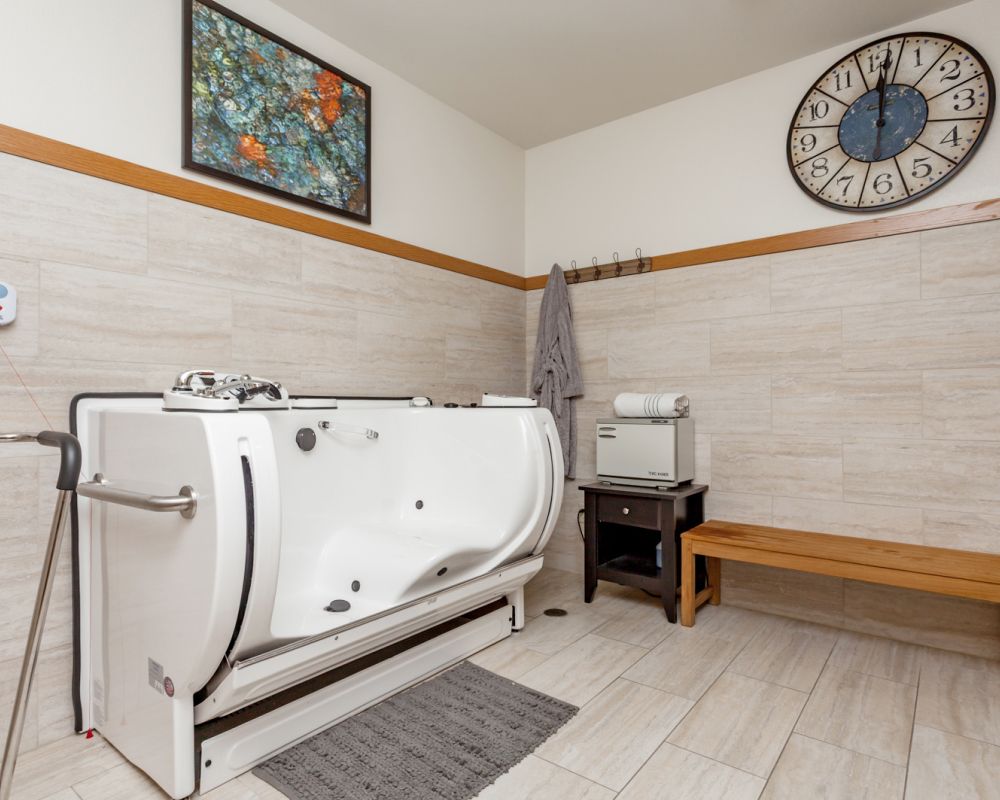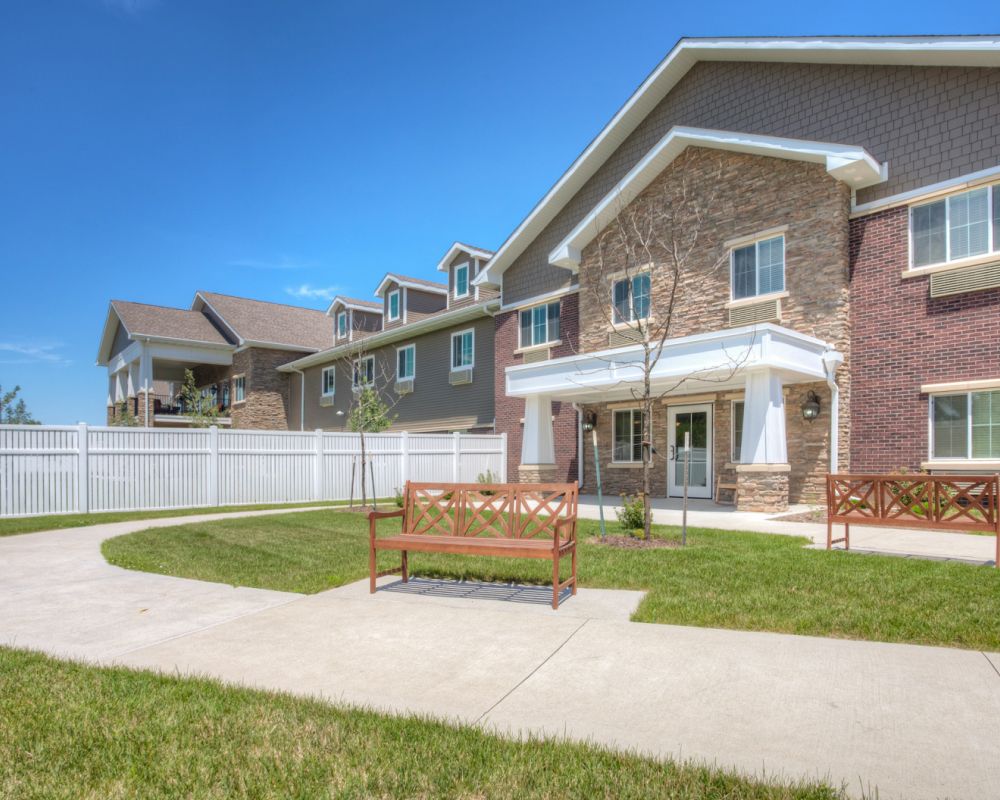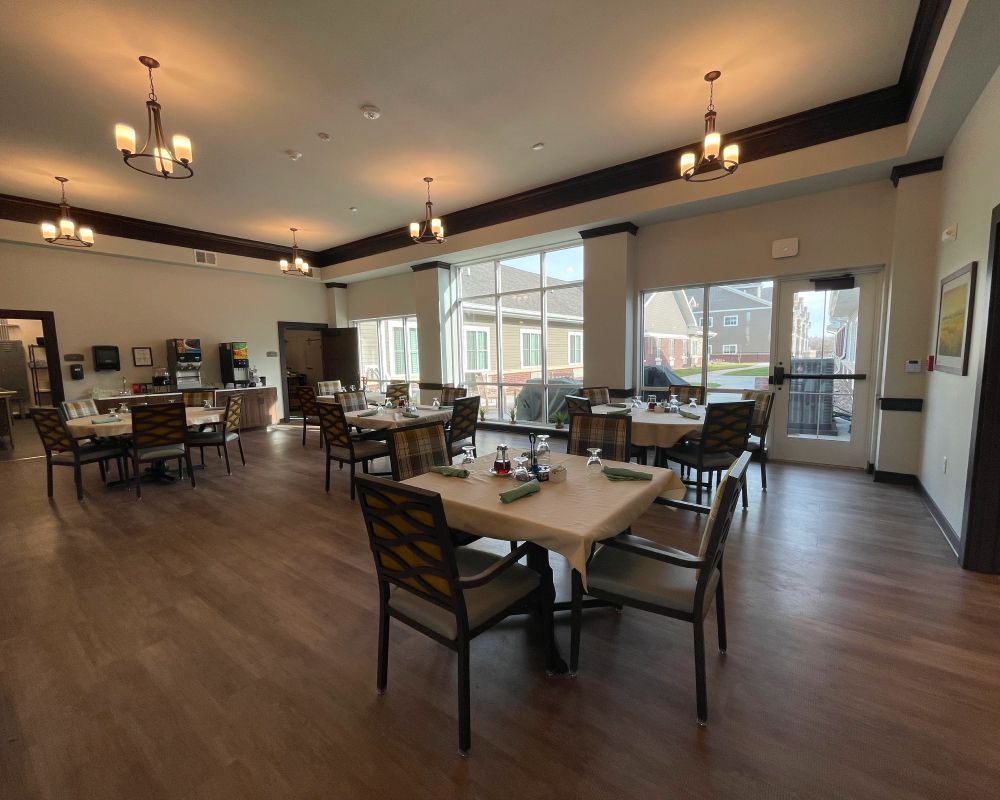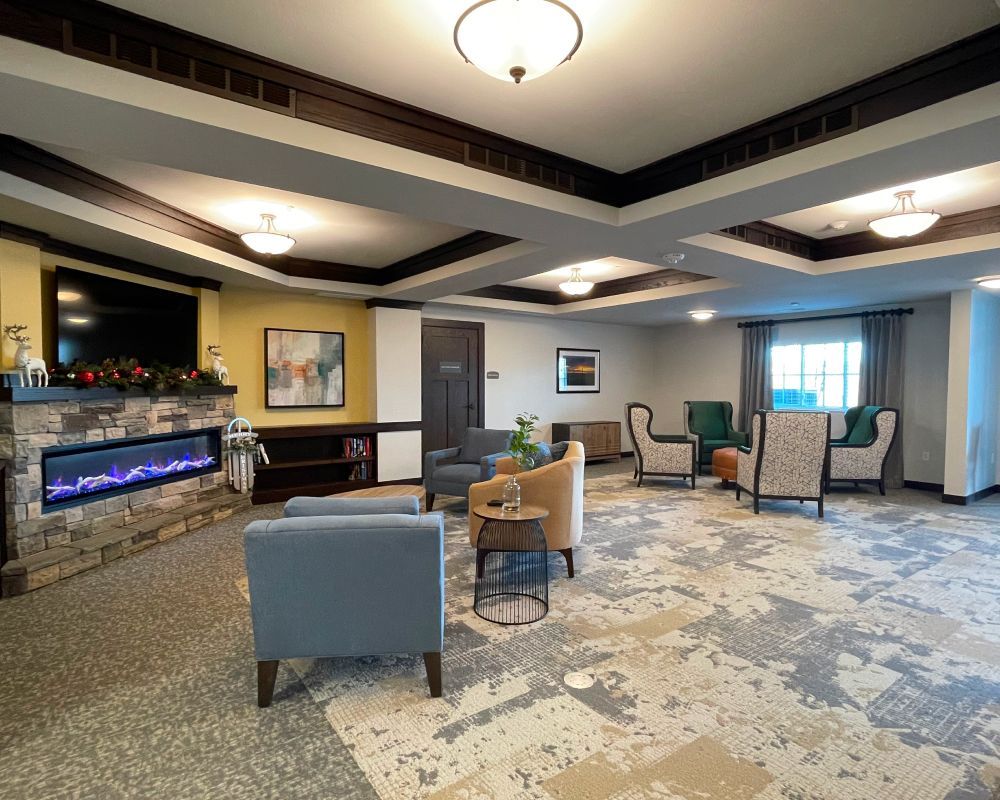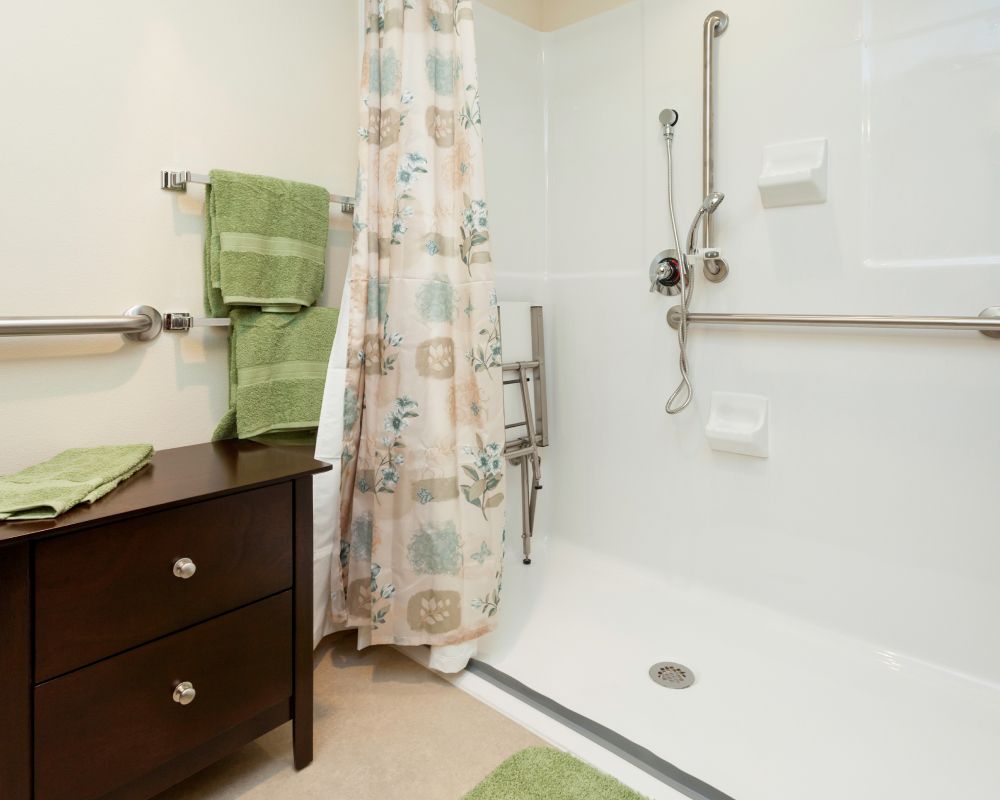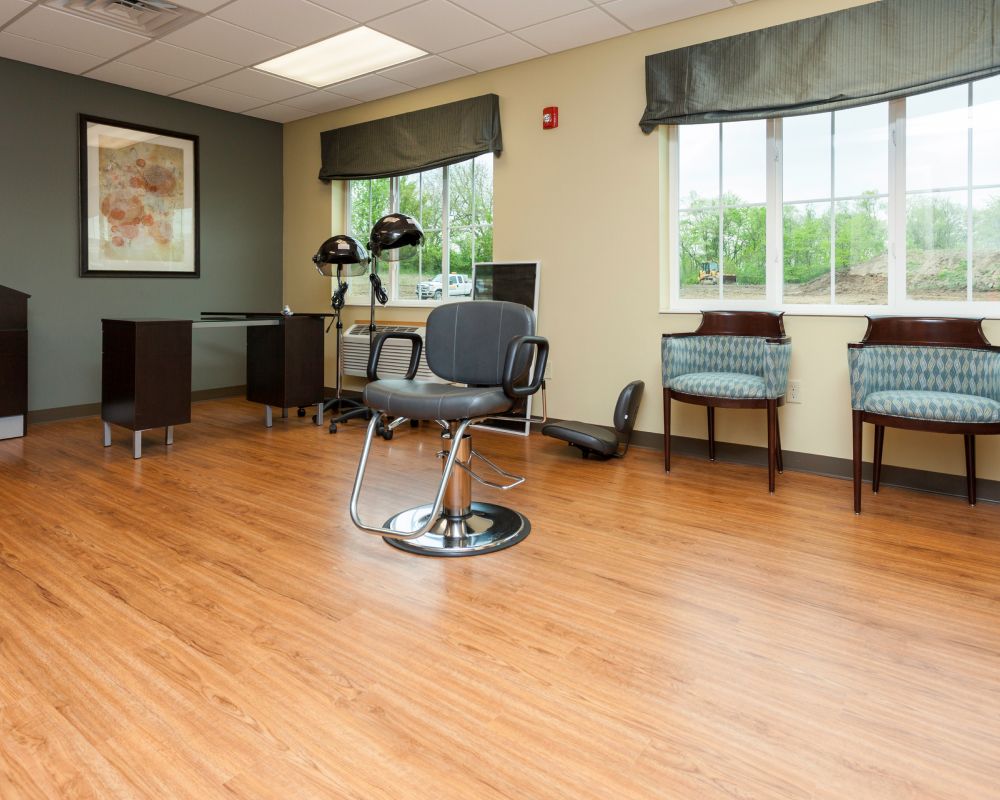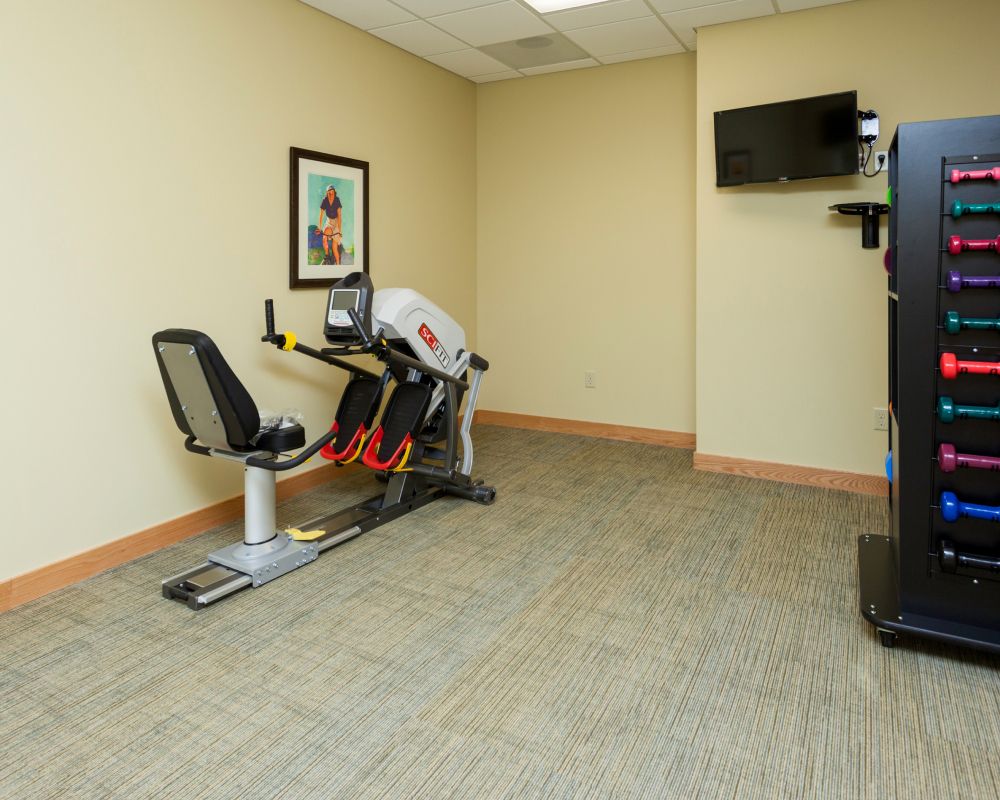As we navigate the ever-evolving landscape of healthcare, a paradigm shift towards value-based care has become increasingly apparent. This approach prioritizes the quality of care over the quantity of services provided, aiming to enhance overall patient well-being. Within this transformative framework, senior living plays a crucial role in promoting a holistic and patient-centered approach to elderly care.
Understanding Value-Based Care
Value-based care focuses on achieving better health outcomes for individuals while controlling costs and improving the patient experience. This approach is particularly relevant in the context of senior living, where the emphasis is not only on addressing medical needs but also on enhancing the overall quality of life for older adults.
1. Preventive and Proactive Healthcare
Senior living communities are embracing preventive healthcare strategies to keep residents healthy and active. By incorporating wellness programs, regular health check-ups, and fitness initiatives, these communities are proactively addressing potential health issues before they escalate. This not only improves the residents’ well-being but also reduces the overall cost of healthcare by preventing or managing chronic conditions.
2. Personalized and Patient-Centered Care
Value-based care encourages a personalized and patient-centric approach. In senior living, this means tailoring care plans to meet the unique needs of each resident. From specialized dietary requirements to customized activity programs, senior living communities are fostering an environment that respects the individuality of each resident, thereby improving their overall satisfaction and engagement.
3. Technology Integration
The integration of technology is playing a pivotal role in enhancing the delivery of care in senior living communities. From telehealth services to remote monitoring devices, technology is facilitating timely interventions, reducing hospital admissions, and improving the efficiency of care. This not only aligns with the principles of value-based care but also ensures that seniors have access to the latest advancements in healthcare.
4. Collaborative Care Teams
In a value-based care model, collaboration among healthcare providers is paramount. Senior living communities are increasingly forming collaborative care teams that include physicians, nurses, therapists, and other healthcare professionals. This interdisciplinary approach ensures seamless communication and coordination, resulting in more comprehensive and efficient care for residents.
5. Data-Driven Decision Making
Data plays a crucial role in value-based care, allowing providers to make informed decisions about patient care. In senior living, the use of electronic health records and data analytics helps identify trends, track outcomes, and continuously improve the quality of care. This data-driven approach not only enhances the overall health of residents but also contributes to the success of value-based care initiatives.
Senior living, as an integral part of the value-based care model, is paving the way for a more compassionate, personalized, and holistic approach to aging. By focusing on preventive care, embracing technology, fostering collaboration, and leveraging data, senior living communities are not only improving the lives of their residents but also contributing to the evolution of a healthcare system that prioritizes value over volume. As we continue to navigate the complexities of healthcare, the transformation of senior living is a beacon of hope, showcasing the positive impact that value-based care can have on the well-being of our aging population.




